Last Updated on 7 months
Rubber Revolution: Top American Tire Manufacturing
When it comes to our vehicles, one of the most critical components for safety and performance is often overlooked – our tires. The tires we choose for our cars are pivotal in ensuring a smooth and safe journey. Beyond that, they impact fuel efficiency, handling, and even our environmental footprint. This article delves into the significance of tire selection, emphasizing the importance of making informed choices. Additionally, we provide an extensive overview of tire production in the United States, shedding light on the tire manufacturing industry’s size and significance within the nation.
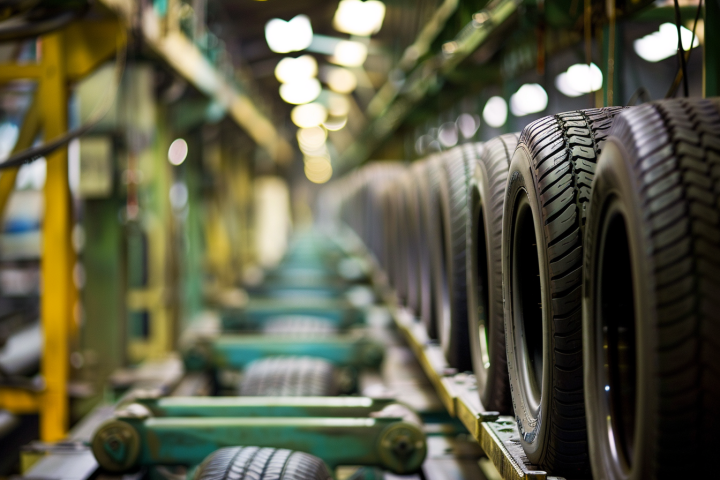
The Significance of Tire Selection
The tires on your vehicle are the only point of contact between your car and the road. This simple fact underscores the immense importance of selecting the right tires. The significance of tire selection can be categorized into several key aspects:
- Safety: Tires directly influence your vehicle’s ability to grip the road, which is essential for safe driving, especially in adverse weather conditions. Tread patterns and rubber compounds affect traction, braking, and handling.
- Performance: Tires are not just about safety; they also impact your vehicle’s performance. The right tires can enhance cornering, acceleration, and overall driving experience.
- Fuel Efficiency: Tire rolling resistance affects fuel economy. Well-chosen tires can reduce fuel consumption, saving you money and reducing your carbon footprint.
- Environmental Impact: Sustainable tire options can help mitigate the environmental impact of tire production and disposal. Eco-friendly choices contribute to reducing waste and conserving resources.
- Longevity: Choosing the right tires for your vehicle can extend their lifespan, reducing the frequency and cost of tire replacements.
An Overview of Tire Production in the USA
The United States boasts a robust and thriving tire manufacturing industry. With a long history from the early 20th century, American tire manufacturers have made significant technological, innovation, and sustainability strides. Here are some key points to consider:
- Industry Size: The U.S. tire manufacturing industry is substantial, with numerous companies producing a wide range of tires, from passenger car and truck tires to specialty and off-road variants.
- Major Players: The industry has several major tire manufacturers, each with a unique history, product lines, and innovations. Prominent names include Goodyear, Michelin, Continental, Hankook, BFGoodrich, Pirelli, Dunlop, Falken, Sumitomo, and Kumho Tire.
- Technological Advancements: American tire manufacturers have been at the forefront of tire technology, introducing innovations like run-flat tires, all-season tires, and eco-friendly tire options.
- Sustainability Efforts: Many U.S. tire manufacturers actively pursue sustainable practices, such as recycling programs and eco-friendly materials, to reduce their environmental impact.
- Market Share: The U.S. tire manufacturing industry plays a vital role in the global tire market, exporting tires to various countries worldwide.
History of Top American Tire Manufacturing
Tire manufacturing in America has a rich and fascinating history that has evolved over the centuries. The industry has witnessed significant changes from the early days of tire production to the cutting-edge technologies used today. In this chapter, we will delve into the historical roots of tire production in America and trace the remarkable evolution of tire technology in the United States.
The Early Roots of Tire Production
The origins of tire production in America can be traced back to the late 19th century when the automobile industry was in its infancy. During this period, tires were not the rubber marvels we know today but relatively solid rubber or wooden wheels, often reinforced with metal bands. These primitive tires provided a bumpy and uncomfortable ride, with little consideration for safety or performance.
The demand for more advanced and reliable tires grew as the automotive industry gained momentum in the early 20th century. This demand led to innovations such as John Boyd Dunlop’s invention of the pneumatic tire in 1888, revolutionizing the driving experience. This breakthrough paved the way for the development of the modern tire, where air-filled rubber provided a smoother ride, improved traction, and enhanced safety.
The Evolution of Tire Technology in the US
The United States played a pivotal role in advancing tire technology. American tire manufacturers began to emerge in the early 20th century, each striving to create superior products. Here are critical milestones in the evolution of tire technology in the US:
- The Introduction of the Radial Tire: In the 1940s, Michelin introduced the radial tire to the American market. With their unique construction, radial tires improve handling, fuel efficiency, and durability. They quickly gained popularity and are now a standard in the tire industry.
- The All-Season Tire: American tire companies, including Goodyear and Firestone, developed all-season tires to accommodate the country’s diverse climates. All-season tires offer exemplary performance in both summer and winter, making them versatile choices for consumers.
- Run-Flat Tires: Bridgestone introduced run-flat tires in the late 1980s, eliminating the need for a spare tire. These tires could continue to support the vehicle’s weight even after a puncture, allowing drivers to reach a service station safely.
- Eco-Friendly Tire Options: American tire manufacturers have increasingly focused on sustainability and eco-friendliness. Innovations include using renewable materials, improved fuel efficiency, and tire recycling programs.
- High-Performance and Specialty Tires: Companies like BFGoodrich and Falken have consistently pushed the boundaries of tire technology, introducing high-performance and specialty tires for enthusiasts and niche markets.
Today, American tire manufacturers continue to innovate, utilizing cutting-edge technology and materials to produce tires that prioritize safety, performance, and environmental responsibility. The history of tire manufacturing in America is a testament to the industry’s resilience and commitment to meeting the evolving needs of consumers and the automotive sector. In the following chapters of this article, we will explore the leading American tire brands and their contributions to the tire industry’s history and advancements.
Leading American Tire Brands
In the competitive world of tire manufacturing, a select group of American companies have risen to prominence, establishing themselves as leaders in the industry. Among these, Goodyear stands out as a trailblazer, renowned for its rich history, innovative spirit, and an impressive lineup of tire models that have left a lasting impact on the automotive landscape. This chapter will delve into Goodyear’s remarkable journey, tracing its historical roots and exploring some of its notable tire models.
Goodyear: Trailblazing the Industry, founded in 1898 by Frank A. Seiberling, holds a distinguished place in the history of American tire manufacturing. The company’s name pays tribute to Charles Goodyear, the inventor of vulcanized rubber, whose breakthrough laid the foundation for the tire industry’s growth. From its inception, Goodyear aimed to lead the way in tire innovation and quality, a mission it continues to uphold.
Goodyear’s Journey Through History
Goodyear’s journey through history is a testament to its enduring commitment to excellence and innovation:
- Early Innovations: In its early years, Goodyear introduced several pioneering tire technologies, including detachable tires, which allowed for easier tire replacement, and the first-ever aircraft tire in 1909.
- World War II Contributions: During World War II, Goodyear played a crucial role in manufacturing aircraft and military vehicle tires, contributing significantly to the war effort.
- Breakthroughs in Tire Technology: Goodyear has consistently pushed the boundaries of tire technology. In 1974, they introduced the first all-season radial tire, the Goodyear Tiempo, which revolutionized tire performance in various weather conditions.
- Space Exploration: Goodyear’s innovations extended beyond Earth. They developed the first tires used on the moon during NASA’s Apollo missions, showcasing their expertise in crafting tires for extreme conditions.
- Commitment to Sustainability: In recent years, Goodyear has focused on sustainability, with initiatives like developing soybean oil-based rubber compounds and exploring sustainable tire production methods.
Notable Goodyear Tire Models
Goodyear has consistently delivered tire models that have met the diverse needs of consumers. Some notable Goodyear tire models have made a mark:
- Goodyear Assurance All-Season Tires: Versatile and durable all-season tires suitable for various road conditions.
- Goodyear Eagle Touring Tires: High-performance tires designed for precision handling and stability at high speeds.
- Goodyear Wrangler All-Terrain Adventure With Kevlar Tires: Rugged, tough tires with Kevlar reinforcement are ideal for off-road and all-terrain use.
- Goodyear Efficient Grip Performance ROF Tires: High-performance, run-flat tires designed for enhanced grip and control, even after a puncture.
- Goodyear Ultra Grip, Performance Plus Tires, are advanced winter tires designed for superior grip and handling in extreme winter conditions.
Michelin: Innovations and Technological Advancements
Regarding innovation and technological advancements in the tire industry, few names are synonymous with excellence, such as Michelin. With a history spanning over a century, Michelin has consistently pushed the boundaries of tire technology, setting new standards for safety, performance, and sustainability. This section will explore Michelin’s remarkable journey, highlighting its groundbreaking technological milestones and offering top recommendations for Michelin consumers.
Michelin’s Groundbreaking Technological Milestones
Michelin’s commitment to innovation has resulted in numerous groundbreaking technological milestones over the years:
- The Radial Tire: In 1946, Michelin introduced the radial tire to the market, a design revolutionizing tire performance. Radial tires featured steel belts running at 90 degrees to the tire’s direction of travel, providing better grip, longer wear, and improved fuel efficiency. This innovation changed the tire industry forever and set Michelin apart as a leader in tire technology.
- Run-Flat Tires: Michelin developed the Pax System, a run-flat tire technology, in collaboration with other manufacturers. This system allowed vehicles to continue driving even after a tire puncture, enhancing safety and eliminating the need for spare tires.
- Energy-Efficient Tires: Michelin has been at the forefront of creating energy-efficient tires that reduce rolling resistance and improve fuel economy. Their GreenX technology is an example of their commitment to environmental sustainability.
- Tweel Technology: In 2005, Michelin unveiled the Tweel, a revolutionary airless tire and wheel assembly. The Tweel combines a flexible tire with a rigid wheel, eliminating the risk of punctures and blowouts. It has applications in various industries, including construction, agriculture, and military.
- Sustainable Initiatives: Michelin has actively pursued sustainability in tire manufacturing, focusing on reducing waste and environmental impact. They have developed tires with a high percentage of sustainable materials, such as the Michelin Primacy 4, which incorporates recycled tires and sunflower oil.
Top Recommendations for Michelin Consumers
For consumers considering Michelin tires, here are some top recommendations that cater to different needs and preferences:
- Michelin Defender T+H: Known for its long-lasting tread life and all-season performance, the Michelin Defender T+H is an excellent choice for everyday driving
- Michelin Pilot Sport 4S: If you’re looking for high-performance tires, the Michelin Pilot Sport 4S offers exceptional grip, handling, and braking capabilities for sports and luxury cars.
- Michelin CrossClimate 2: Designed for year-round use, the Michelin CrossClimate 2 combines the benefits of summer and winter tires, providing excellent traction in various weather conditions.
- Michelin LTX M/S2: For light trucks and SUVs, the Michelin LTX M/S2 offers durability, all-terrain capability, and a comfortable ride.
- Michelin Premier LTX: This tire model emphasizes safety with EverGrip technology that maintains wet traction as the tire wears down, making it an excellent choice for wet road conditions.
Continental: The Eco-Friendly Option
In an era when environmental sustainability is at the forefront of consumer concerns, Continental, a prominent American tire manufacturer, has emerged as a leader in offering eco-friendly options. With a solid commitment to sustainability and a range of environmentally conscious tire models, Continental provides consumers with choices that enhance their driving experience and reduce their carbon footprint. This section will explore Continental’s dedication to sustainability and recommend environmentally friendly Continental tires that align with its eco-conscious philosophy.
Continental’s Commitment to Sustainability
Continental’s commitment to sustainability goes beyond just producing tires. It encompasses the entire lifecycle of their products and operations. Here are some critical aspects of Continental’s sustainability initiatives:
- Sustainable Materials: Continental utilizes sustainable and renewable materials in its tire manufacturing process. They have explored alternatives to traditional oil-based materials, such as dandelion rubber and other bio-based compounds.
- Energy Efficiency: The company has invested in energy-efficient manufacturing processes, reducing energy consumption and greenhouse gas emissions.
- Reduced Rolling Resistance: Continental has developed tire technologies that reduce rolling resistance, improving fuel efficiency and lowering CO2 emissions. Their EcoPlus technology is a prime example of this innovation.
- Eco-Friendly Production: Continental strongly emphasizes environmentally friendly production methods, including tire recycling programs and responsible waste management.
- Tire Longevity: Continental’s tire designs prioritize longevity, ensuring that tires wear evenly and last longer, reducing the frequency of replacements.
- Green Certifications: Many Continental tires have received certifications for their eco-friendliness, such as the Green X and EcoPlus labels.
Recommended Environmentally-Friendly Continental Tires
Continental offers a selection of tires for consumers seeking environmentally friendly options that deliver performance and sustainability. Here are some recommended Continental tires with eco-conscious features:
- Continental PureContact LS Tires are premium all-season tires that balance comfort, extended wear, and precise handling.
- Continental TerrainContact A/T: This A/T is designed for SUV and light truck owners. It provides off-road capability with reduced rolling resistance, ensuring both adventure and efficiency.
- Continental ProContact TX: This all-season tire boasts EcoPlus technology and long tread life, making it an eco-friendly choice for many vehicles.
- Continental VikingContact 7: Ideal for winter conditions, the VikingContact 7 features sustainability efforts like optimized tread patterns for better traction and fuel efficiency in cold climates.

Hankook: Leading the Way in Tire Technology
Hankook stands out as a trailblazer, consistently pushing the boundaries of innovation and engineering excellence. With a commitment to advancing tire technology, Hankook has earned its place among American tire manufacturers. In this section, we will explore Hankook’s significant technological advancements and provide recommendations for consumers looking for top-quality Hankook tires.
Hankook’s Technological Advancements
A relentless pursuit of excellence characterizes Hankook’s journey in tire technology. Over the years, the company has achieved several noteworthy technological advancements:
- Dynamic Traction Pattern (DTP): Hankook’s innovative DTP technology enhances traction and handling on various road surfaces. It employs a variable pitch design that optimizes tire contact with the road, resulting in improved grip and stability.
- Aqua Pine Compound Technology (APC): Hankook has developed the APC technology, which enhances wet traction and braking performance. This technology utilizes a unique tread compound designed to disperse water quickly, reducing the risk of hydroplaning.
- Smart Control Tread Pattern (SCTP): SCTP technology is designed to provide a quieter and more comfortable ride. It minimizes road noise and vibrations while maintaining excellent handling characteristics.
- Enfren Technology: Hankook’s Enfren Technology focuses on reducing rolling resistance, contributing to enhanced fuel efficiency. It also lowers carbon emissions, aligning with sustainability goals.
- Advanced Silica Compound: Hankook utilizes advanced silica compounds in their tire manufacturing process, improving wet and dry grip. This compound also contributes to longer tread life.
- e3 Technology: This technology enhances overall tire performance by focusing on three key areas: efficiency, economy, and environment. It reflects Hankook’s commitment to sustainability and eco-friendliness.
Top Picks for Hankook Tire Consumers
Hankook offers a diverse range of tires to cater to the varied needs of consumers. Here are some top picks for Hankook tire consumers:
- Hankook Ventus S1 Noble2: This all-season ultra-high-performance tire offers excellent handling, traction, and comfort for sports and luxury cars.
- Hankook Dynapro AT2: Ideal for SUVs and light trucks, the Dynapro AT2 is an all-terrain tire designed for off-road adventures and on-road comfort.
- Hankook Kinergy GT: The Kinergy GT is an all-season grand touring tire known for its low rolling resistance, fuel efficiency, and comfortable ride.
- Hankook Optimo H724: A reliable choice for passenger cars, the Optimo H724 offers long tread life, good traction, and a budget-friendly price.
- Hankook Winter evo3 W330 Tires: For winter driving conditions, this tire provides excellent grip and handling on snow and ice, ensuring safety during colder months.
BFGoodrich: A Legacy of Excellence
For over a century, BFGoodrich has established itself as a tire manufacturer synonymous with quality, innovation, and a legacy of excellence. With a rich historical journey dating back to the late 19th century, BFGoodrich has consistently delivered high-performance and reliable tires to consumers. In this section, we will delve into BFGoodrich’s historical journey and explore some noteworthy tire models that have contributed to their legacy of excellence.
BFGoodrich’s Historical Journey
BFGoodrich’s historical journey is a testament to its enduring commitment to tire manufacturing and innovation:
- Foundation and Early Growth: BFGoodrich was founded in 1870 by Dr. Benjamin Franklin Goodrich in Akron, Ohio, making it one of the oldest tire manufacturers in the United States. The company initially focused on rubber products other than tires, such as hoses and belts.
- Pioneering Tires: BFGoodrich entered the tire manufacturing business in the early 20th century when the automobile industry boomed. They introduced innovations like the first rubber-based automobile tire in 1896 and the first balloon tire in 1915.
- Innovations in Motorsports: BFGoodrich’s commitment to performance was exemplified through its involvement in motorsports. The brand succeeded significantly in various racing disciplines, including the iconic Baja 1000 off-road race.
- All-Terrain Tires: BFGoodrich is renowned for its all-terrain tire offerings, such as the BFGoodrich All-Terrain T/A KO2, which has become a staple for off-road enthusiasts and adventurers.
- BFGoodrich and Michelin: In 1988, BFGoodrich was acquired by the Michelin Group, a move that has continued to strengthen its reputation for quality and innovation.
Noteworthy BFGoodrich Tire Models
BFGoodrich has introduced several noteworthy tire models that have left a lasting impact on the automotive industry:
- BFGoodrich Radial T/A: Introduced in the 1970s, the Radial T/A is a classic muscle car tire known for its excellent handling and performance characteristics.
- BFGoodrich g-Force Sport Comp-2: This high-performance tire offers exceptional grip and control, making it a favorite among sports car enthusiasts.
- BFGoodrich Advantage T/A Sport LT: Designed for SUVs and crossover vehicles, this tire combines all-season capability with a comfortable ride.
- BFGoodrich Mud-Terrain T/A KM3: An off-road beast, the Mud-Terrain T/A KM3 provides extreme traction in challenging terrains, making it a top choice for off-road enthusiasts.
- BFGoodrich Commercial T/A All-Season 2: This tire is designed for commercial vehicles and offers durability, all-season performance, and long tread life.
Pirelli: Setting Standards in Tire Innovation
Pirelli, a name synonymous with high-performance tires and tire innovation, has a rich history dating back to the 19th century. Renowned for pushing the boundaries of tire technology, Pirelli has consistently set standards in the industry. This section will delve into Pirelli’s groundbreaking technological achievements and provide top recommendations for tire enthusiasts seeking the best performance and quality.
Pirelli’s Groundbreaking Technological Achievements
Pirelli’s tire innovation has led to numerous groundbreaking technological achievements over the years:
- Radial Tire: Pirelli pioneered introducing radial tire technology to the market. Their radial tires revolutionized the industry by offering improved grip, fuel efficiency, and longevity.
- The Pirelli P Zero: Pirelli’s compound technology, tread design, and construction innovations have made the P Zero tire series iconic in high-performance tires. These tires are favorites among sports car enthusiasts.
- The Pirelli Noise Canceling System (PNCS): Pirelli developed the PNCS technology to reduce road noise, enhance comfort, and provide a quieter ride without compromising performance.
- Pirelli Cyber Tire: Pirelli’s technology integrates sensors and connectivity to monitor tire wear, temperature, and pressure time. This innovation enhances safety and performance, providing drivers with valuable data about their tires.
- Run-Flat Tires: Pirelli offers a range of run-flat tires that allow vehicles to continue driving even after a puncture or loss of air pressure, enhancing safety and convenience.
- Eco-Friendly Initiatives: Pirelli has been actively involved in sustainability efforts, using eco-friendly materials, optimizing tire production processes, and promoting responsible disposal and recycling.
Top Recommendations for Pirelli Tire Enthusiasts
For enthusiasts who seek top-notch performance, Pirelli offers a range of high-performance and specialty tires. Here are some top recommendations for Pirelli tire enthusiasts:
- Pirelli P Zero All Season Tires: The Pirelli P Zero series is designed for high-performance and sports cars, offering exceptional grip, handling, and precise steering response.
- Pirelli Scorpion Verde All-Season Tires: This tire is ideal for SUV and crossover owners. It delivers a balance of performance, comfort, and eco-friendliness with low rolling resistance.
- Pirelli Cinturato P7: Known for its all-season performance and durability, the Cinturato P7 offers a comfortable ride and excellent wet and dry traction.
- Pirelli Winter Sottozero 3: The Winter Sottozero series provides reliable traction on snow and ice when winter conditions demand superior grip and control.
Dunlop: Tradition and Innovation in Tires
Dunlop, a name deeply embedded in the history of tire manufacturing, has seamlessly blended tradition and innovation for over a century. Renowned for its commitment to quality and technological advancements, Dunlop has consistently provided consumers with reliable and high-performance tires. This section will explore Dunlop’s historical evolution and highlight some notable tire models contributing to its legacy.
Dunlop’s Historical Evolution
A rich historical evolution marks Dunlop’s journey in the tire industry:
- The Pioneering Years: Dunlop’s history dates back to 1888 when John Boyd Dunlop, a Scottish veterinarian, invented the pneumatic tire. His innovation transformed the automotive industry by introducing the concept of air-filled tires for a smoother and more comfortable ride.
- Early Success: Dunlop’s invention gained recognition, and the Dunlop Pneumatic Tyre Company was established in 1889. It quickly expanded its operations, producing bicycles, motorcycles, and automobile tires.
- Motorsport Excellence: Dunlop became famous in motorsports, particularly motorcycle racing and Formula 1. The brand’s success in racing events demonstrated the performance and durability of Dunlop tires.
- Technological Advancements: Dunlop continued to innovate over the years, introducing radial tire technology and advancements in tread design for better traction and handling.
- Global Expansion: Dunlop expanded its presence globally, with manufacturing facilities and distribution networks in various countries, ensuring a worldwide reach for its products.
Notable Dunlop Tire Models
Dunlop has introduced several notable tire models that have become synonymous with quality and performance:
- Dunlop SP Sport Maxx: The SP Sport Maxx series is known for its high-performance capabilities, offering excellent grip and precise handling for sports cars and performance-oriented vehicles.
- Dunlop Grandtrek AT20: Designed for SUVs and light trucks, the Grandtrek AT20 provides all-season traction and durability, making it a versatile choice for varied driving conditions.
- Dunlop Direzza DZ102: This tire balances performance and affordability, making it a popular choice for sport-compact cars and enthusiasts.
- Dunlop Winter Maxx SJ8 Tires: Ideal for winter driving, the Winter Maxx series provides reliable traction on snow and ice, ensuring safety during cold months.
- Dunlop Signature HP: The Signature HP offers all-season performance, comfort, and handling for a wide range of passenger vehicles.
Falken: Advancing Tire Technology
Falken, a tire manufacturer consistently advancing tire technology, has made a name for itself in the competitive tire manufacturing world. Known for its commitment to innovation and quality, Falken has been a reliable choice for consumers seeking high-performance tires. This section will explore Falken’s technological milestones and present some top choices for Falken tire buyers.
Falken’s Technological Milestones
Falken’s journey in tire technology has seen several notable milestones:
- Advanced Tread Compounds: Falken has developed innovative tread compounds that enhance grip, traction, and handling in various driving conditions. These compounds are engineered to improve wet and dry performance while maintaining tread life.
- 4D Nano Design Technology: Futilizes 4D Nano Design Technology for tire materials at the molecular level. This advanced approach is for precise control over tire performance characteristics, including rolling resistance, wear, and grip.
- Falken Wildpeak Technology: The Wildpeak series represents Falken’s dedication to all-terrain and off-road capabilities. These tires are equipped with technology that provides exceptional off-road traction, durability, and on-road comfort.
- Silent Core Technology: Falken’s Silent Core Technology focuses on reducing road noise and vibrations, resulting in a quieter and more comfortable driving experience.
- Eco-Friendly Initiatives: Falken is committed to sustainability and is working to reduce the environmental impact of tire manufacturing. This includes using sustainable materials and eco-friendly production processes.
- Motorsports Success: Falken has a strong presence in motorsports, including events like the American Le Mans Series and Formula Drift. Motorsports involvement helps Falken test and develop tire technologies under extreme conditions.
Top Choices for Falken Tire Buyers
For those looking to invest in Falken tires, here are some top choices that cater to various driving needs:
- Falken Azenis FK510: The Azenis FK510 is a high-performance tire known for its exceptional grip and handling capabilities, making it a popular choice for sports cars and enthusiasts.
- Falken Wildpeak A/T3W: Ideal for all-terrain and off-road adventures, the Wildpeak A/T3W offers rugged durability, off-road traction, and a comfortable on-road ride.
- Falken Ziex ZE950 A/S: This all-season tire performs well in various weather conditions, including wet and snowy roads. It offers a comfortable and quiet ride.
- Falken Sincera SN250 A/S: The Sincera SN250 A/S is designed for compact and midsize cars, focusing on long tread life, fuel efficiency, and a smooth ride.
Sumitomo: A Commitment to Quality
Sumitomo, a tire manufacturer known for its unwavering commitment to quality, has established itself as a reliable choice for consumers seeking high-performance and dependable tires. With a dedication to technological advancements and innovation, Sumitomo has consistently delivered tires prioritizing safety, performance, and longevity. This section will delve into Sumitomo’s dedication to technological advancements and recommend Sumitomo tire options catering to diverse driving needs.
Sumitomo’s Dedication to Technological Advancements
A dedication to technological advancements has marked Sumitomo’s journey in tire manufacturing:
- Advanced Tread Designs: Sumitomo strongly emphasizes tread design to optimize performance. Their innovative tread patterns are engineered to enhance grip, handling, and stability in various driving conditions.
- Silica Compound Technology: Sumitomo utilizes silica compound technology to improve wet and dry traction while reducing rolling resistance. This technology enhances fuel efficiency and overall performance.
- High-Performance Tire Lines: Sumitomo offers high-performance tire lines, such as the HTR A/S P02 and the HTR Z5, designed for sports cars and enthusiasts. These tires deliver exceptional grip and handling.
- All-Season Versatility: Sumitomo has a range of all-season tires, like the Touring LS T/H/V, designed for passenger cars and SUVs. These tires provide dependable performance in a variety of weather conditions.
- Touring Comfort: Sumitomo’s touring tire options focus on providing a comfortable and quiet ride while maintaining durability and performance.
- Long Tread Life: Sumitomo engineers their tires to have extended tread life, reducing the frequency of replacements and ensuring value for consumers.
Recommended Sumitomo Tire Options
For consumers considering Sumitomo tires, here are some options tailored to different driving needs:
- Sumitomo HTR A/S P02: This high-performance all-season tire offers exceptional grip and handling for sports cars and enthusiasts. It is designed to deliver performance and traction in various weather conditions.
- Sumitomo Encounter HT: The Encounter HT is a highway terrain tire designed for light trucks and SUVs. It offers a smooth and comfortable ride and durability for long-distance travel.
- Sumitomo HTR Enhance C/X2: This tire is designed for crossovers and offers a balance of performance, comfort, and all-season capability.
- Sumitomo Ice Edge: The Ice Edge tire provides reliable traction on snow and ice for winter driving, ensuring safety during the colder months.
Kumho Tire: Sustainability and Performance
Kumho Tire, a tire manufacturer strongly emphasizing sustainability and performance, has carved a niche in the industry. Recognized for its eco-friendly initiatives and commitment to producing tires that excel in performance and environmental responsibility, Kumho Tire has become a trusted choice for consumers. This section will explore Kumho Tire’s eco-friendly initiatives and present some top environmentally-conscious tire selections for those prioritizing sustainability.
Kumho Tire’s Eco-Friendly Initiatives
Kumho Tire’s dedication to sustainability is evident through a range of eco-friendly initiatives:
- Eco-friendly Materials: Kumho Tire uses sustainable and eco-friendly materials in tire production. These materials reduce the environmental impact and ensure responsible sourcing.
- Green Technology: Kumho Tire employs green technology throughout its manufacturing processes, focusing on energy efficiency and waste reduction.
- Reduced Rolling Resistance: Kumho Tire designs its tires with an emphasis on reducing rolling resistance, which improves fuel efficiency and reduces carbon emissions.
- Low Noise Tires: Kumho Tire’s low-noise tires enhance driving comfort and reduce noise pollution, contributing to a quieter and more enjoyable driving experience.
- Sustainable Manufacturing Practices: Kumho Tire strongly emphasizes sustainable manufacturing practices, aiming to minimize its environmental footprint.
- Recycling and Disposal: Kumho Tire encourages responsible disposal and recycling of tires, ensuring that old tires are disposed of in an environmentally friendly manner.
Top Environmentally Conscious Kumho Tire Selections
For consumers looking for environmentally conscious tire options, Kumho Tire offers some top selections that align with sustainability goals:
- Kumho Solus TA71: The Solus TA71 is an all-season tire designed for passenger cars and offers a balance of performance, comfort, and eco-friendliness.
- Kumho Ecsta 4X II: This high-performance tire delivers excellent handling and wet and dry traction while focusing on low rolling resistance for improved fuel efficiency.
- Kumho Crugen HP71: Designed for SUVs and crossovers, the Crugen HP71 offers a comfortable and quiet ride with all-season performance and eco-friendly features.
- Kumho Sense KR26: The Sense KR26 is a touring tire designed for many passenger cars, emphasizing durability, fuel efficiency, and long tread life.
The Crucial Role of Safety Standards
Safety standards are paramount in tire manufacturing to protect consumers and ensure road safety. Critical aspects of safety standards in tire production include:
- Load and Speed Ratings: Tires are assigned load and speed ratings, indicating the maximum load they can carry and the highest safe speed at which they can operate. These ratings are crucial to matching tires with vehicle specifications.
- Uniform Tire Quality Grading (UTQG): The UTQG system provides information about treadwear, traction, and temperature resistance, helping consumers make informed choices about tire performance.
- DOT Markings: The Department of Transportation (DOT) mandates that tires sold in the United States must have DOT markings, indicating compliance with safety regulations and the tire’s manufacturing origin.
- Safety Testing: Tires undergo rigorous safety testing to assess their performance in various conditions, including wet and dry braking, cornering, and hydroplaning resistance.
- Regulations for Commercial Vehicles: Tires are subject to additional safety regulations, including load-carrying capacity requirements and specific standards for commercial applications.
- Recall and Reporting: Manufacturers must report safety-related defects to the National Highway Traffic Safety Administration (NHTSA) and initiate recalls when necessary to address safety concerns.
- Consumer Education: Manufacturers provide information on tire safety, maintenance, and proper inflation to educate consumers about tire care and safety practices.
The Future of American Tire Manufacturing
The tire industry continually evolves, driven by technological advancements, environmental concerns, and shifting consumer demands. In this chapter, we will explore the future of American tire manufacturing by examining emerging technologies in tire production and projecting the direction of the American tire industry.
Emerging Technologies in Tire Production
The future of American tire manufacturing is closely tied to technological innovations that enhance tire performance, safety, and sustainability. Some emerging technologies are shaping the tire industry:
- Smart Tires: Smart tires equipped with sensors and connectivity features are becoming increasingly prevalent. These tires can monitor tire pressure, temperature, and tread wear and provide real-time data to vehicle systems. Innovative tires enhance safety and allow for more precise maintenance.
- Sustainable Materials: Sustainability is a growing concern in tire production. Manufacturers are exploring sustainable materials such as biodegradable rubber, recycled content, and eco-friendly compounds to reduce the environmental impact of tire manufacturing.
- 3D Printing: Additive manufacturing, or 3D printing, is being tested for tire production. This technology allows for more intricate and customizable tire designs, improving performance and efficiency.
- Self-Healing Tires: Research into self-healing tire technology is ongoing. These tires can repair small punctures or cuts in the tread, reducing the need for immediate replacements.
- Airless Tires: Airless or non-pneumatic tires are being developed to eliminate the risk of flat tires. These tires use innovative structures and materials to ride comfortably without air pressure.
- Improved Fuel Efficiency: Tire manufacturers continuously work on tire designs that reduce rolling resistance, improving fuel efficiency and reducing greenhouse gas emissions.
- Noise Reduction: Advancements in tire tread designs and materials are focused on reducing road noise, contributing to a quieter and more comfortable driving experience.
- AI and Automation: Artificial intelligence (AI) and automation are integrated into tire production processes to enhance quality control, optimize manufacturing efficiency, and reduce costs.
- Energy-Efficient Manufacturing: Tire plants are adopting energy-efficient technologies and renewable energy sources to reduce carbon emissions and minimize environmental impact.
Conclusion & Recommendation
In this thorough exploration of American tire manufacturing, we’ve embarked on a journey through the past, present, and future of an industry that plays a pivotal role in our everyday lives. From the early roots of tire production to the cutting-edge technologies shaping its future, we’ve uncovered a wealth of insights that provide a deeper understanding of American-made tires.
Recap of Key Insights
Throughout our journey, we have uncovered several critical characteristics. Tire manufacturing has a rich history, with pioneering companies contributing significantly to the industry’s development.
- Leading American tire brands such as Goodyear, Michelin, Continental, Hankook, BFGoodrich, Pirelli, Dunlop, Falken, Sumitomo, and Kumho Tire have each left their mark with innovations, technological advancements, and a commitment to quality.
- Quality and manufacturing standards are the cornerstones of tire reliability, ensuring that consumers receive safe and dependable products.
- Selecting the right tires for your vehicle involves understanding tire specifications and considering driving needs, vehicle type, budget, and local conditions.
- The future of American tire manufacturing is characterized by emerging technologies, sustainability initiatives, and a continued focus on safety and performance.
Final Thoughts on American-made tires
As we conclude our journey through the world of American-made tires, it is clear that they are more than just rubber and tread. They represent a legacy of innovation, quality, and dedication to meeting consumers’ diverse needs.
American tire manufacturers have shaped the industry and kept pace with changing times, adapting to new technologies and sustainability demands. The future holds exciting promise, with innovative tires, sustainable materials, and advanced safety features on the horizon.
We recommend considering the reputable American tire brands used in this guide. Regarding your tire needs, brands have earned their place in the industry through a commitment to excellence and a track record of delivering reliable products.
If you’re ready to take the next step and make a tire purchase, we invite you to explore the wide range of options available at Giga Tires. As a trusted source for quality tires, Giga Tires offers a selection of tires that cater to various driving needs and preferences. With our easy online shopping experience and competitive prices, finding the perfect set of tires for your vehicle is just a click away.
Thank you for joining us on this informative journey, and we look forward to serving your tire needs with the same dedication and quality that characterize American tire manufacturing. Safe travels!
FAQs:
Who is the largest tire manufacturer in the US?
The largest tire manufacturer in the United States is Goodyear Tire & Rubber Company. With a rich history dating back to 1898, Goodyear has a strong presence in the US and is globally known for producing quality tires.
Who is the biggest manufacturer of trees?
Bridgestone Corporation, headquartered in Japan, is the biggest tire manufacturer globally. It holds a significant share of the global tire market and operates manufacturing facilities worldwide.
What are the top 5 tire brands?
The top 5 tire brands, known for their quality and performance, include Michelin, Bridgestone, Goodyear, Continental, and Pirelli. These brands have earned a strong reputation in the tire industry.
Are there any American tire manufacturers?
Several American tire manufacturers include Goodyear, Cooper, BFGoodrich, and Uniroyal. These companies produce a wide range of tires for various vehicles.
Are American-made tires good?
American-made tires are known for their quality, safety standards, and durability. They undergo rigorous testing to ensure performance and are popular with consumers seeking reliable tires.
How big is the US tire market?
The US tire market is substantial, with diverse tires catering to various vehicles and driving conditions. It is a multi-billion-dollar industry that continues to grow, driven by consumer demand for quality tires.





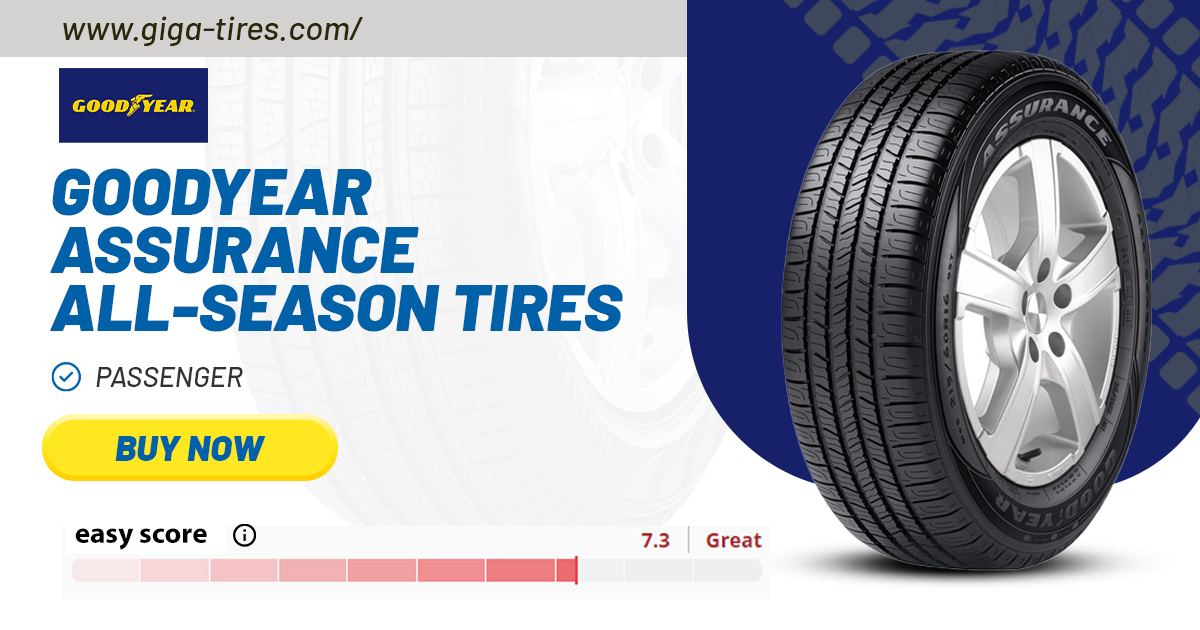

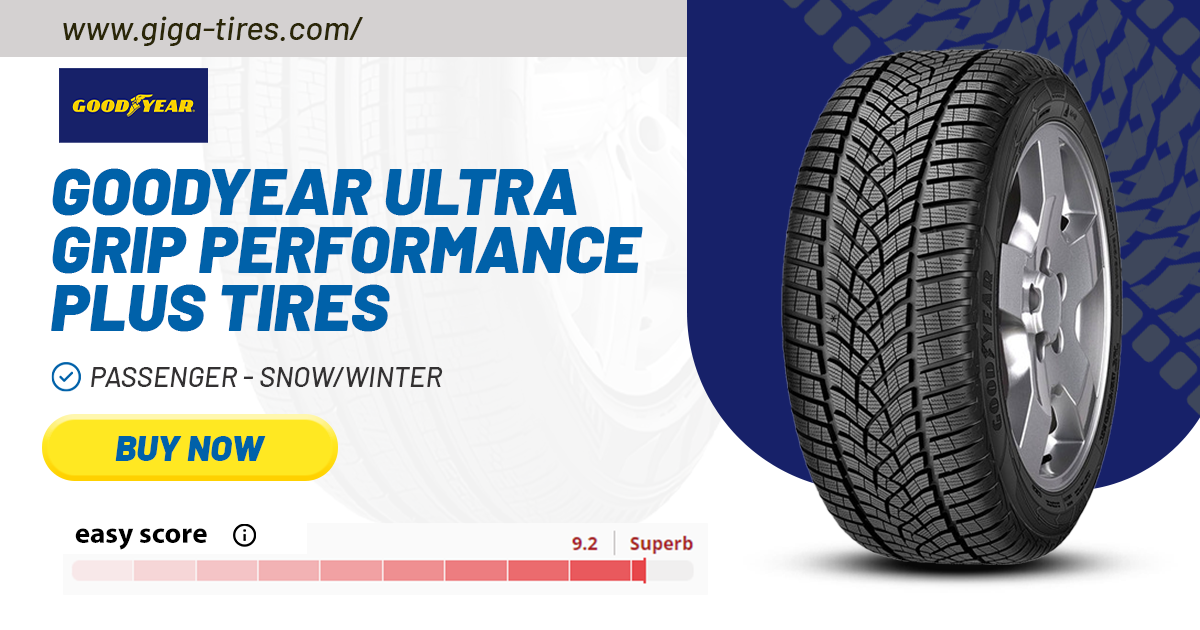
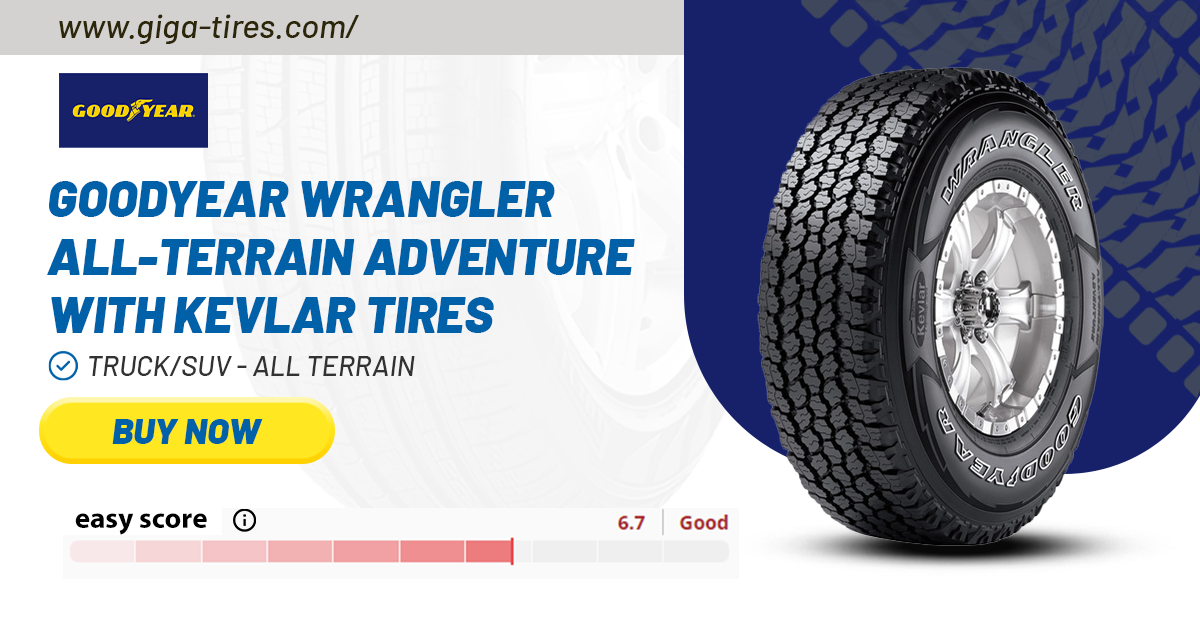
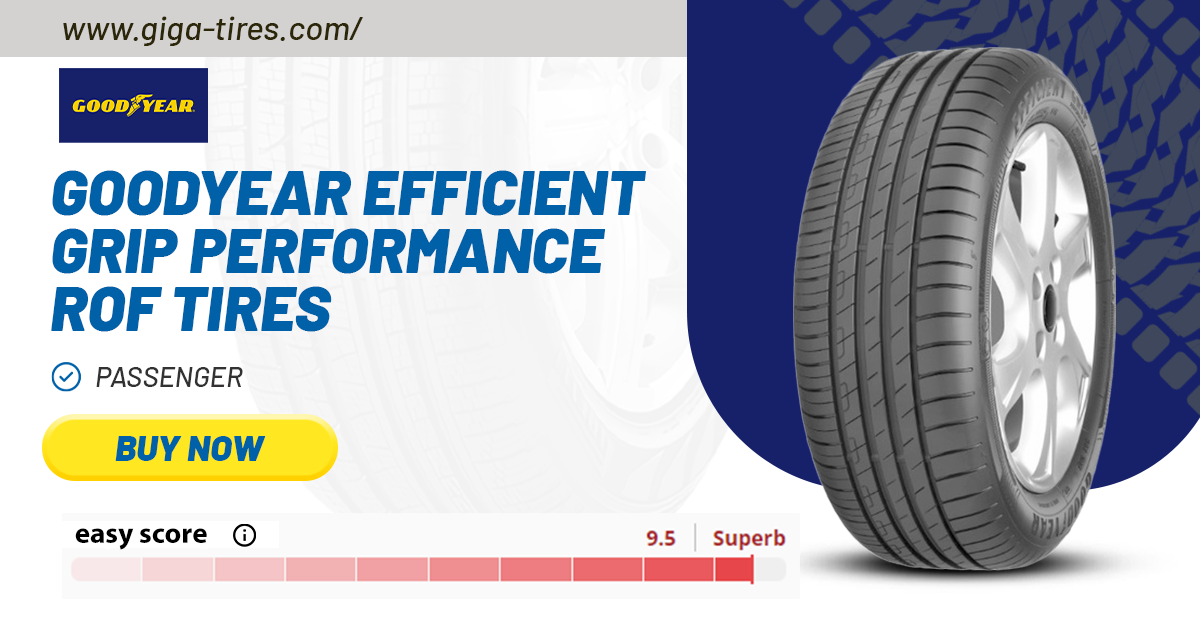
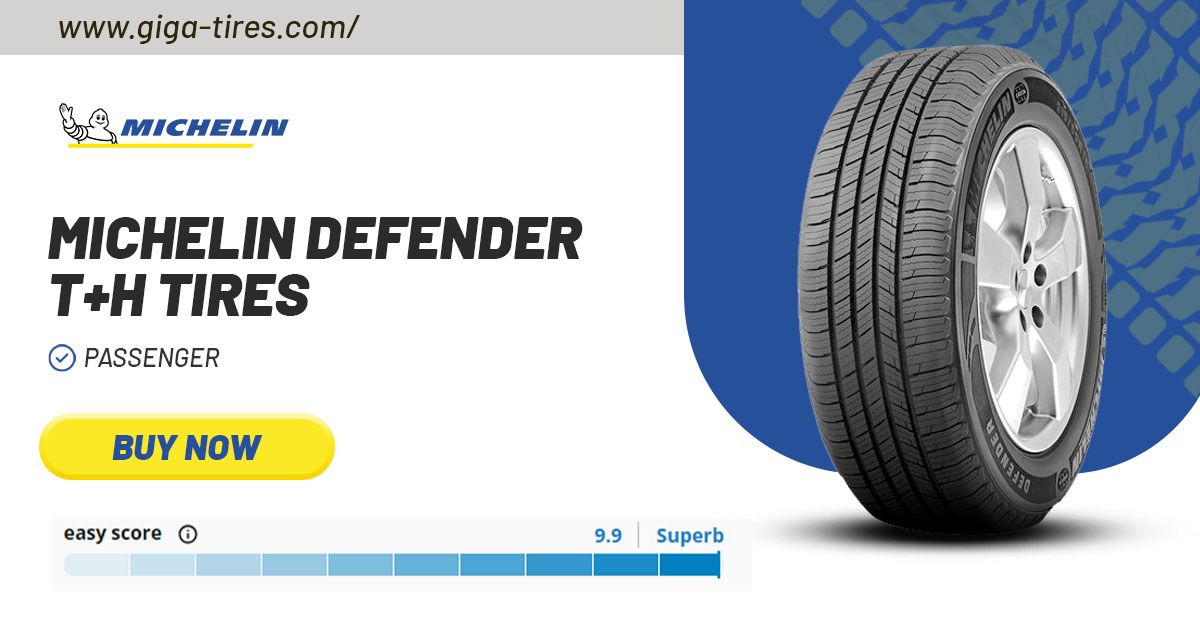


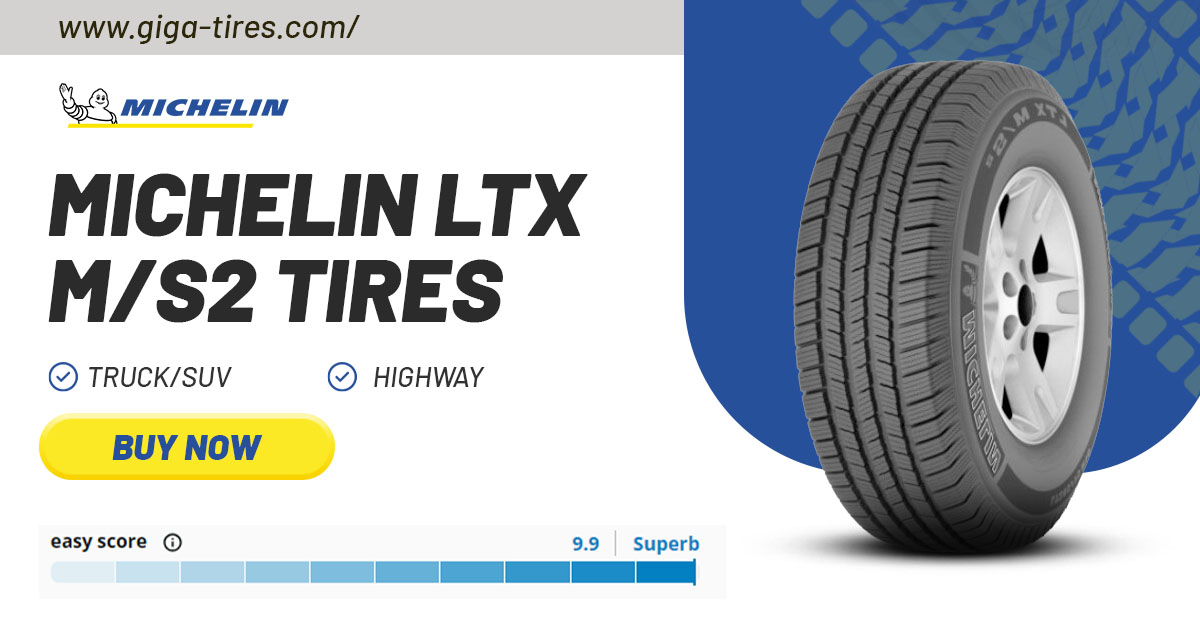
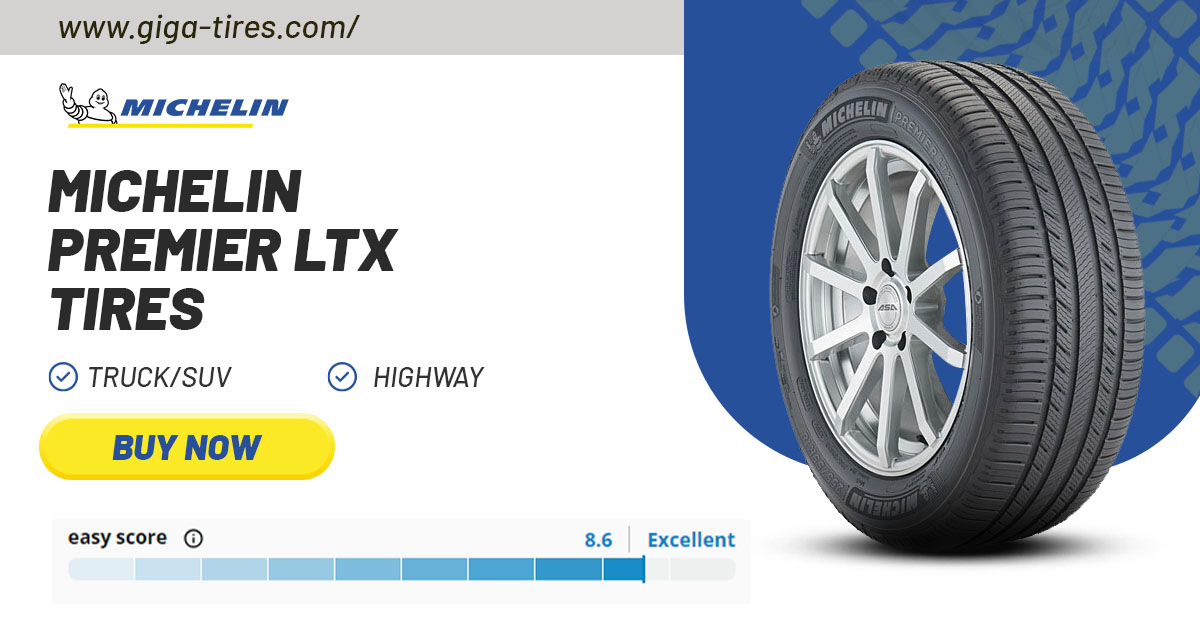
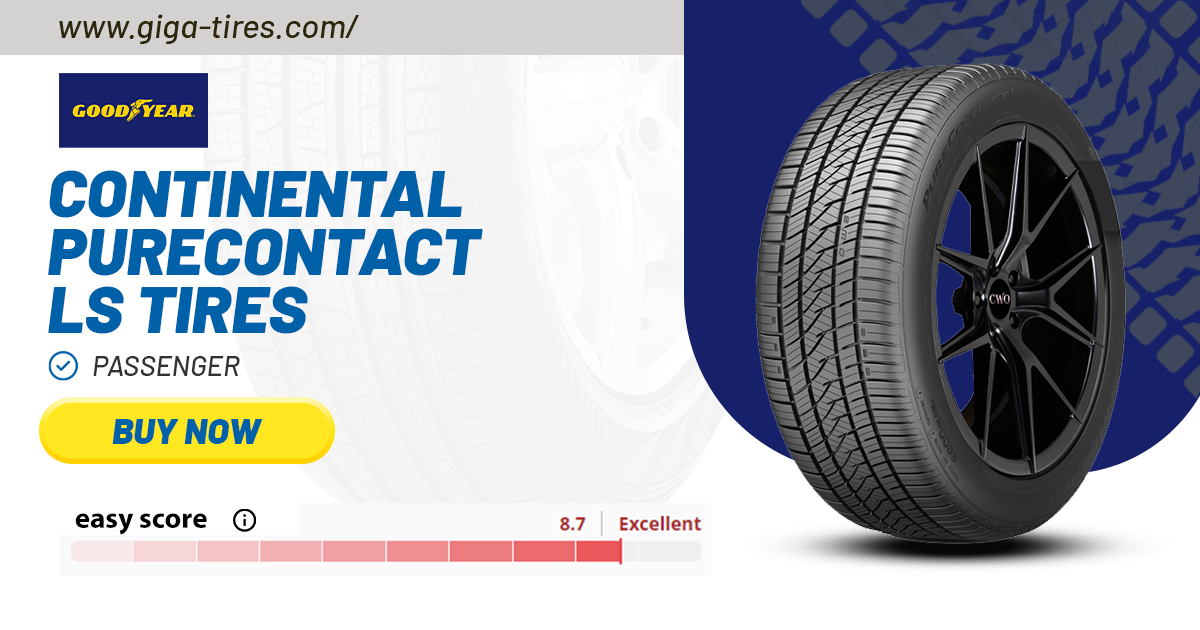
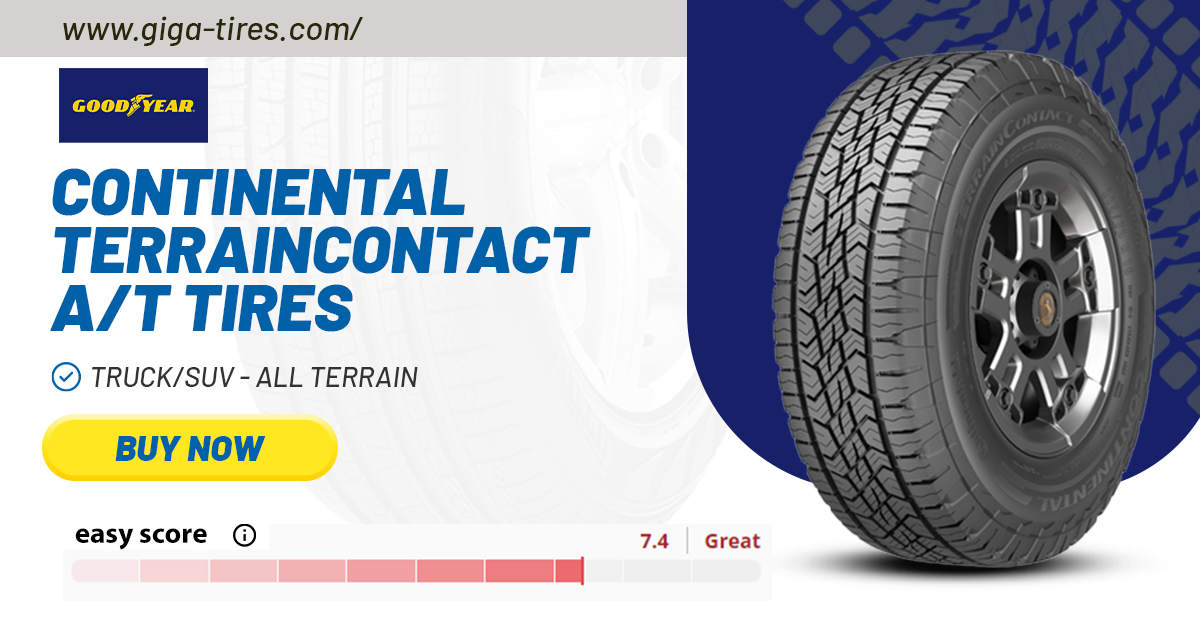
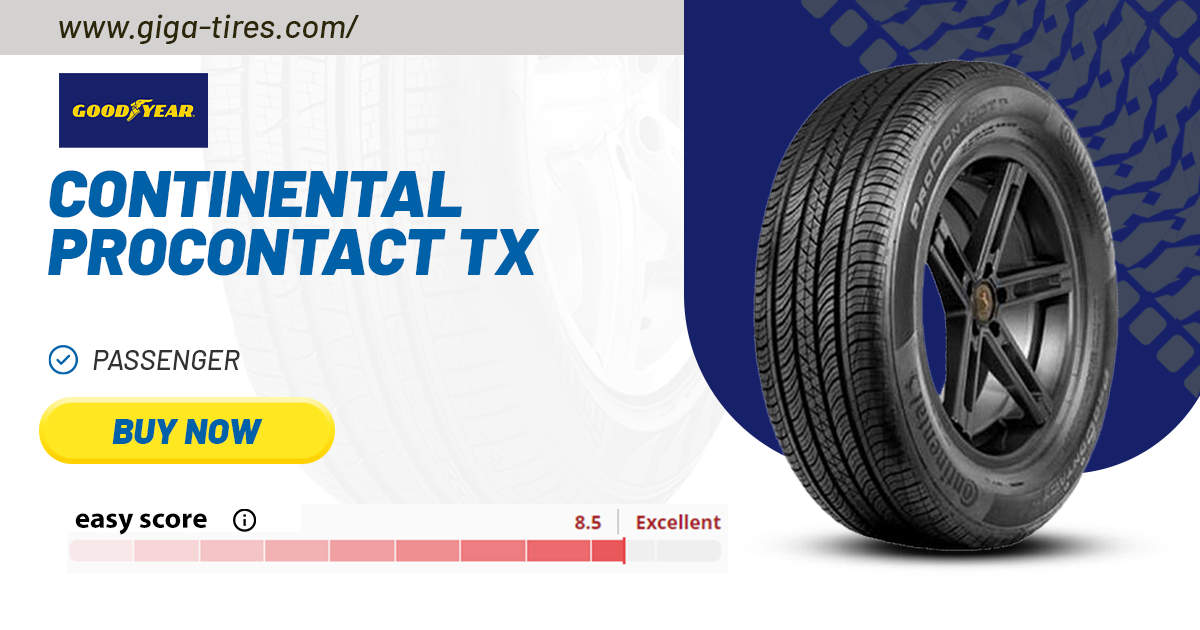
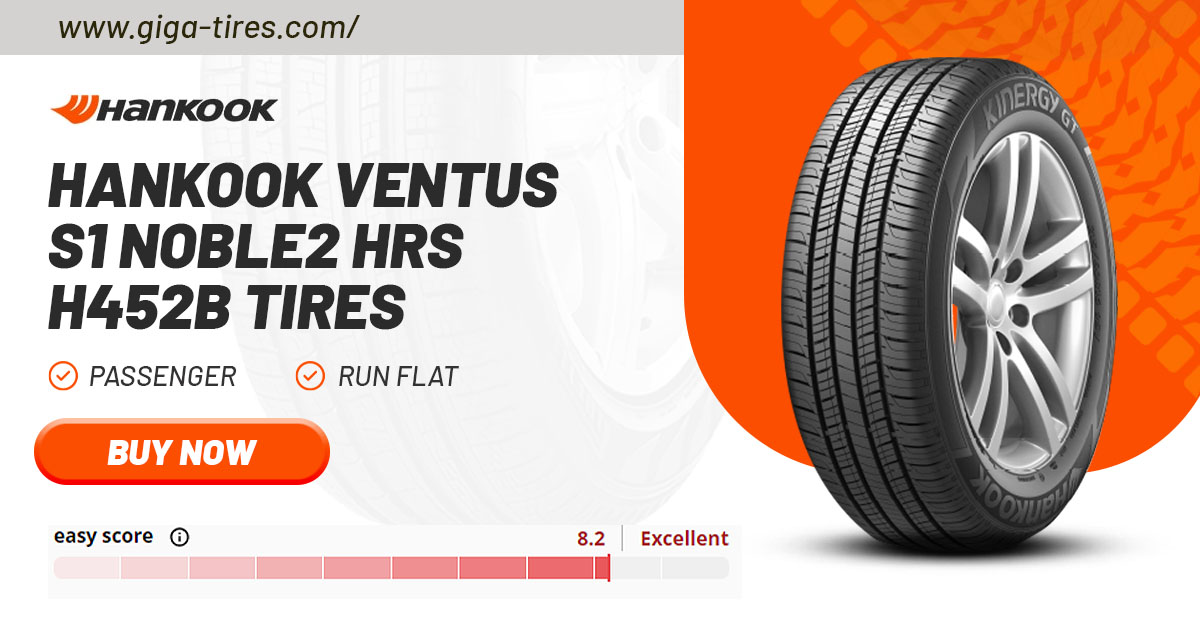
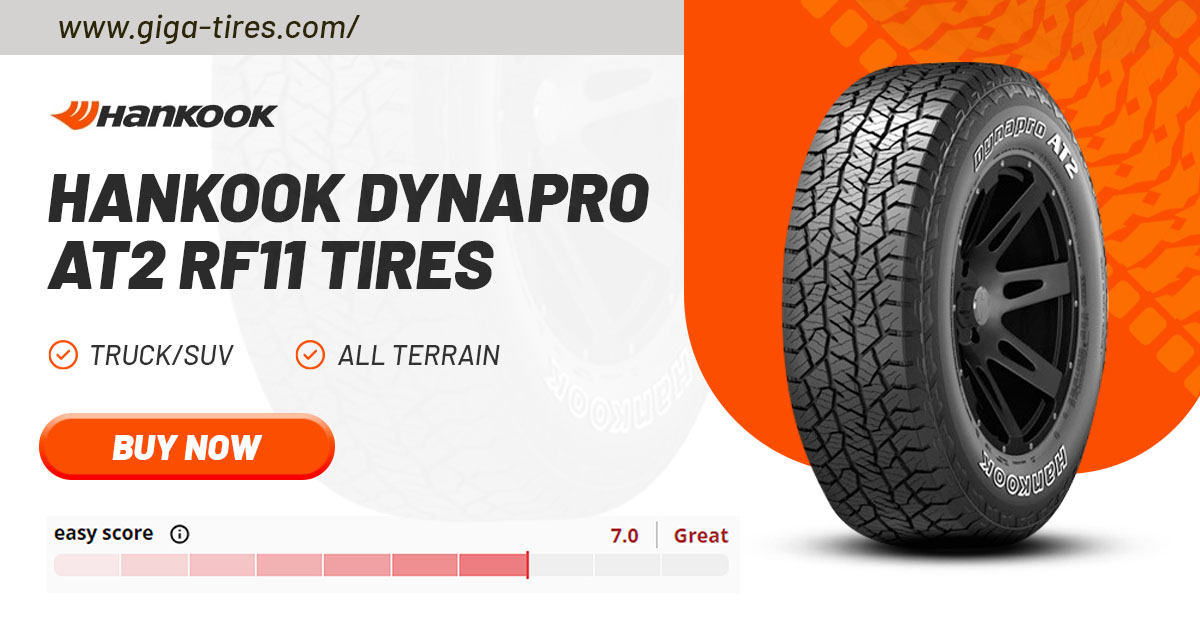
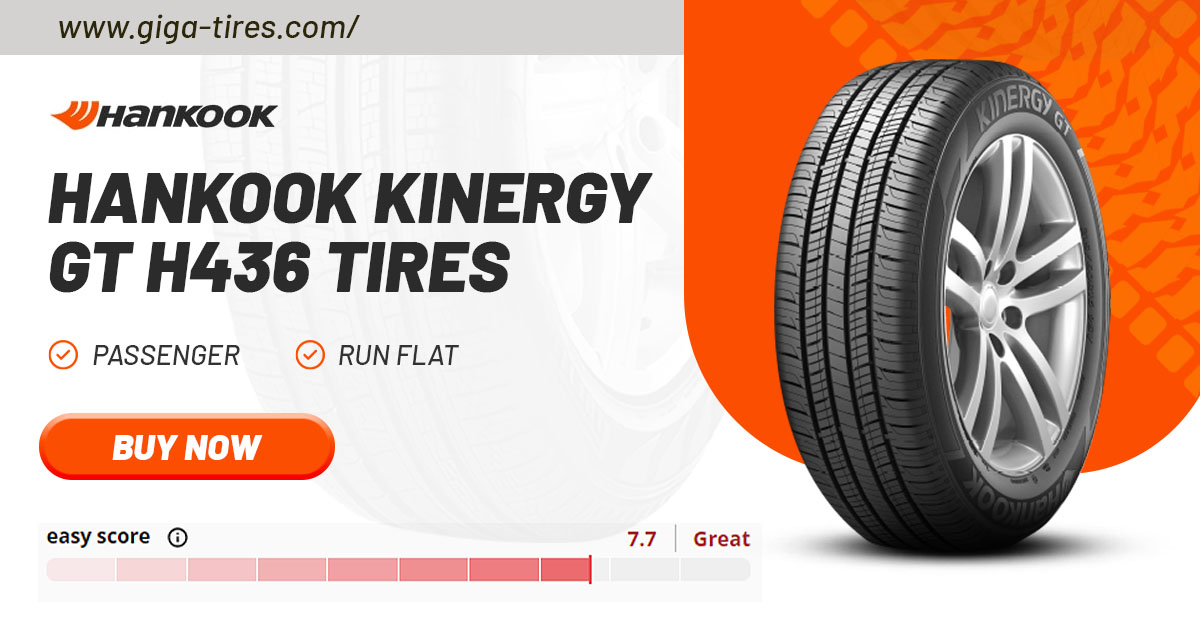
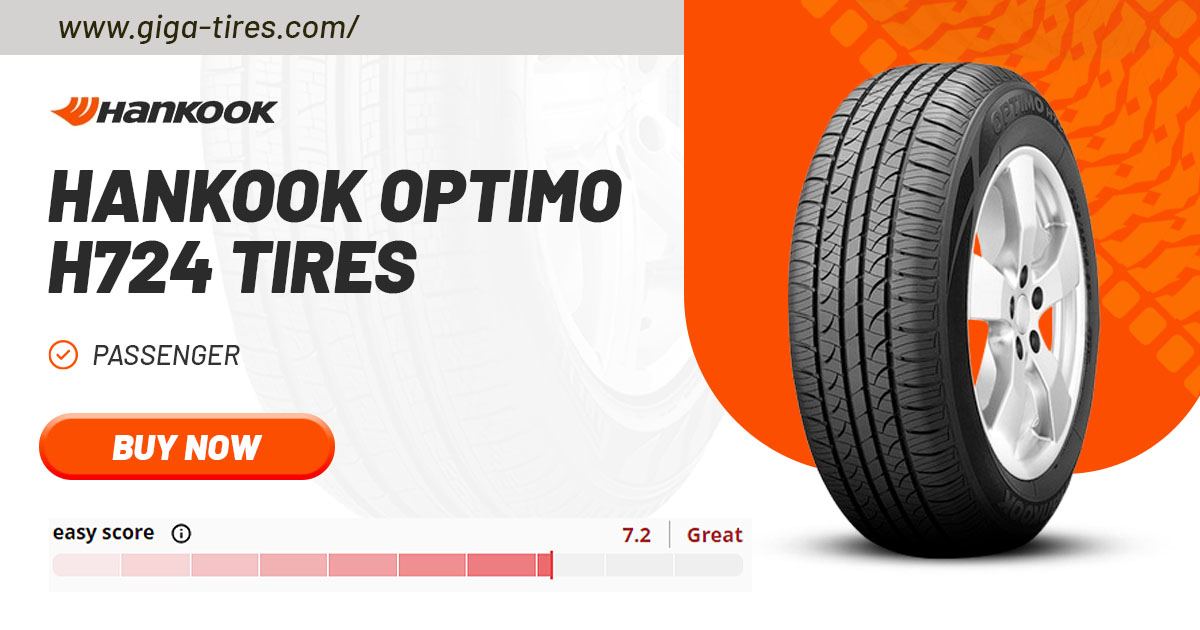

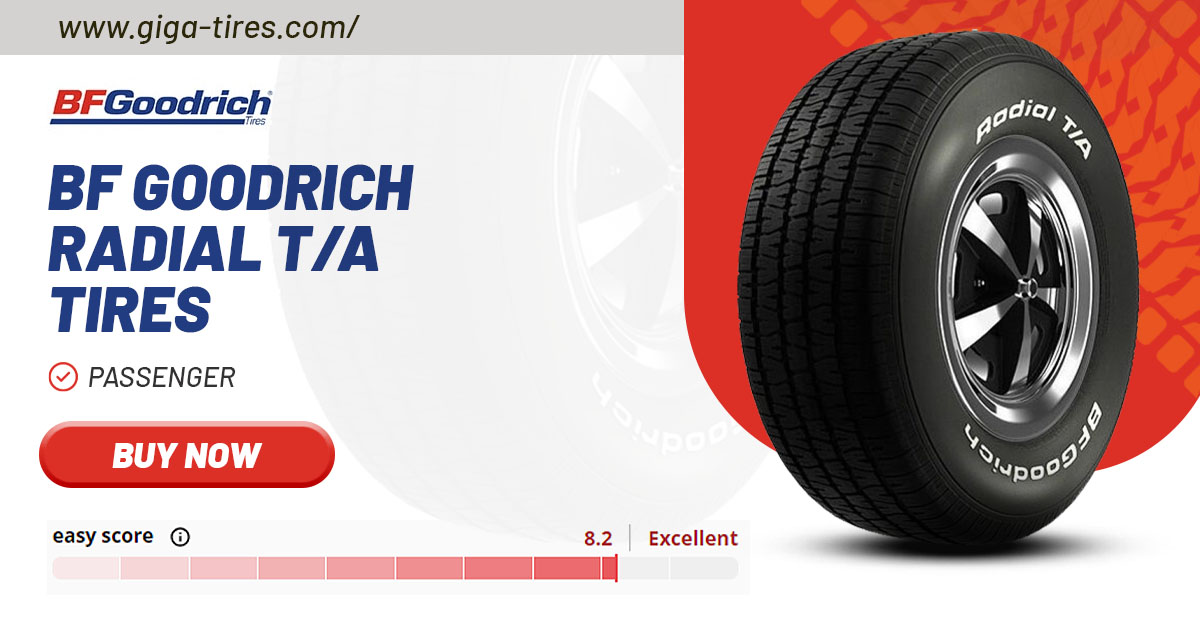

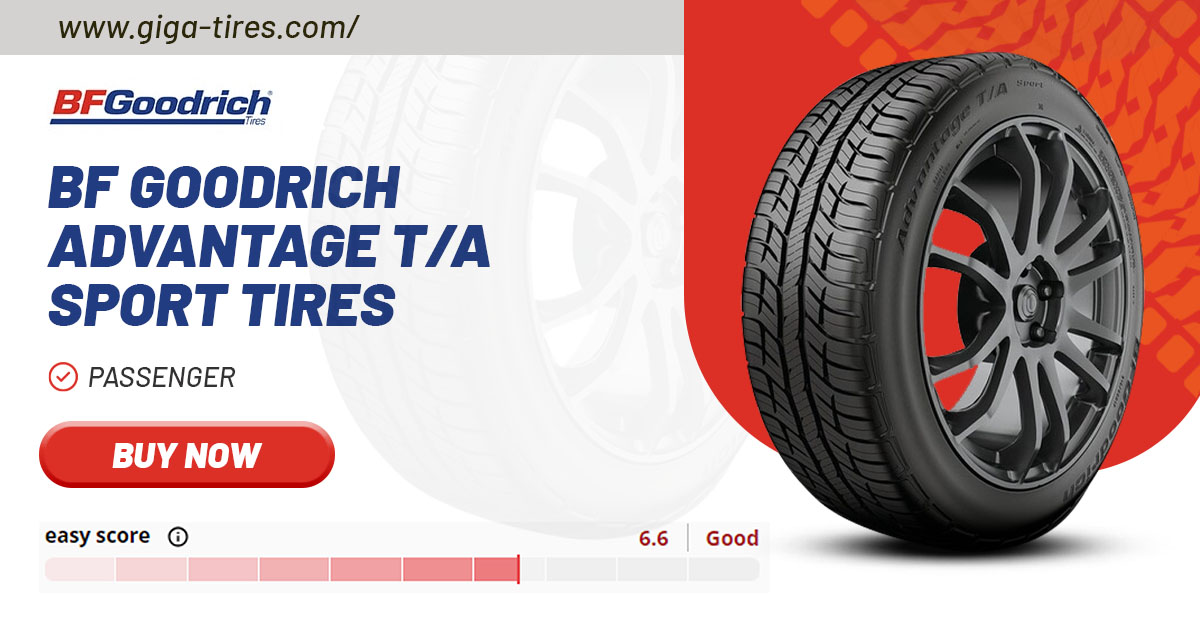
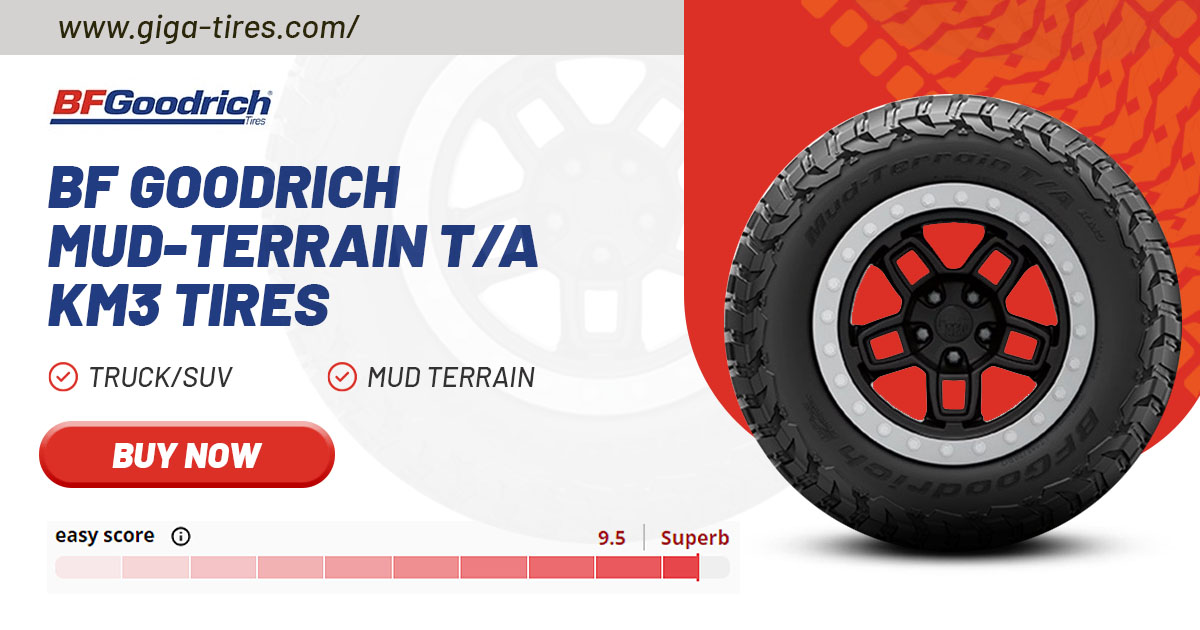
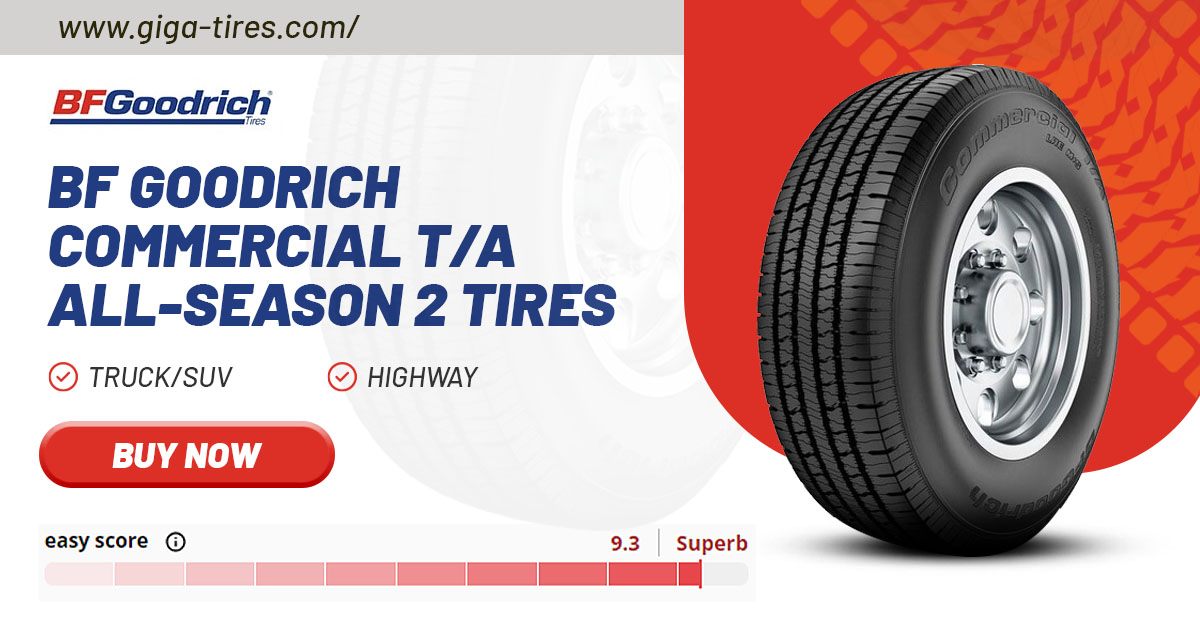
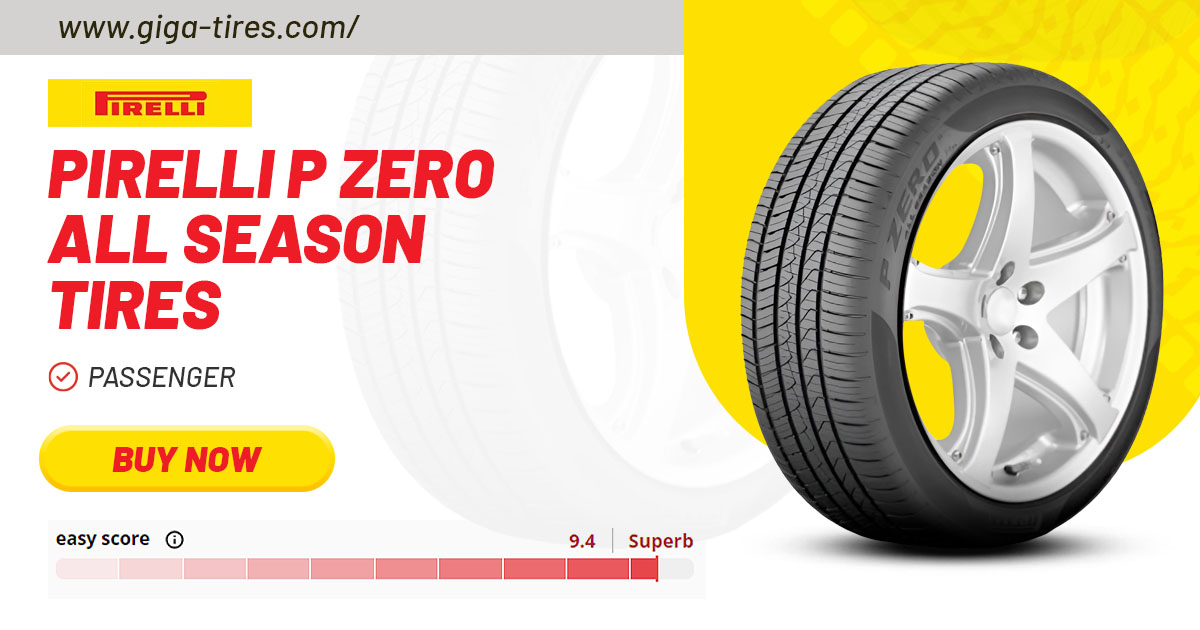
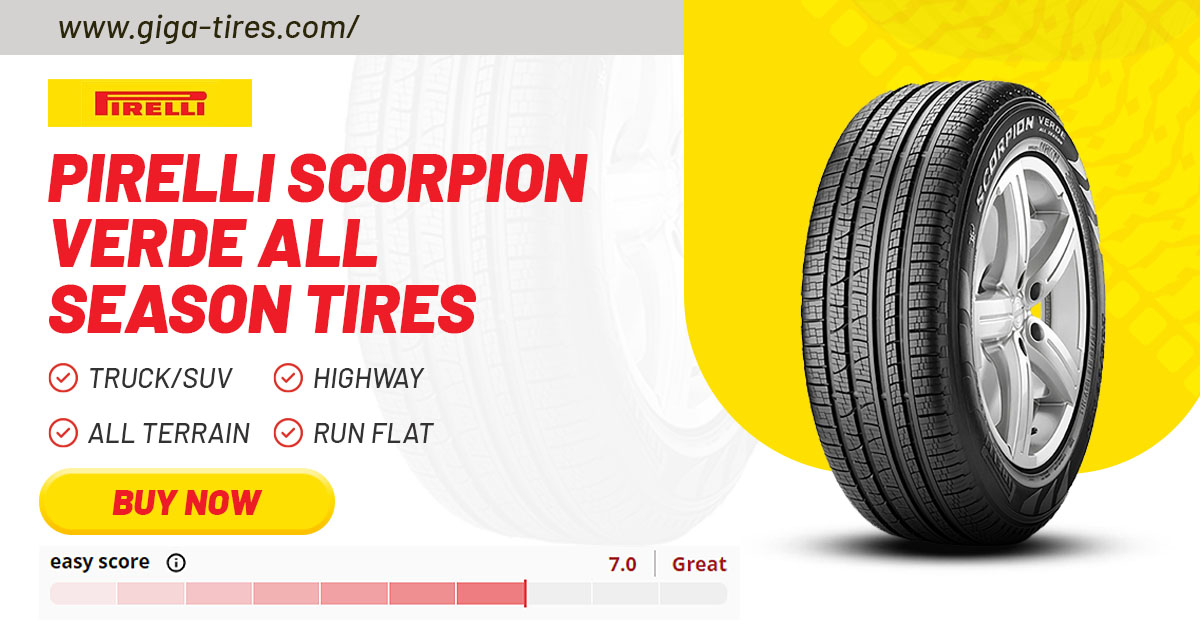
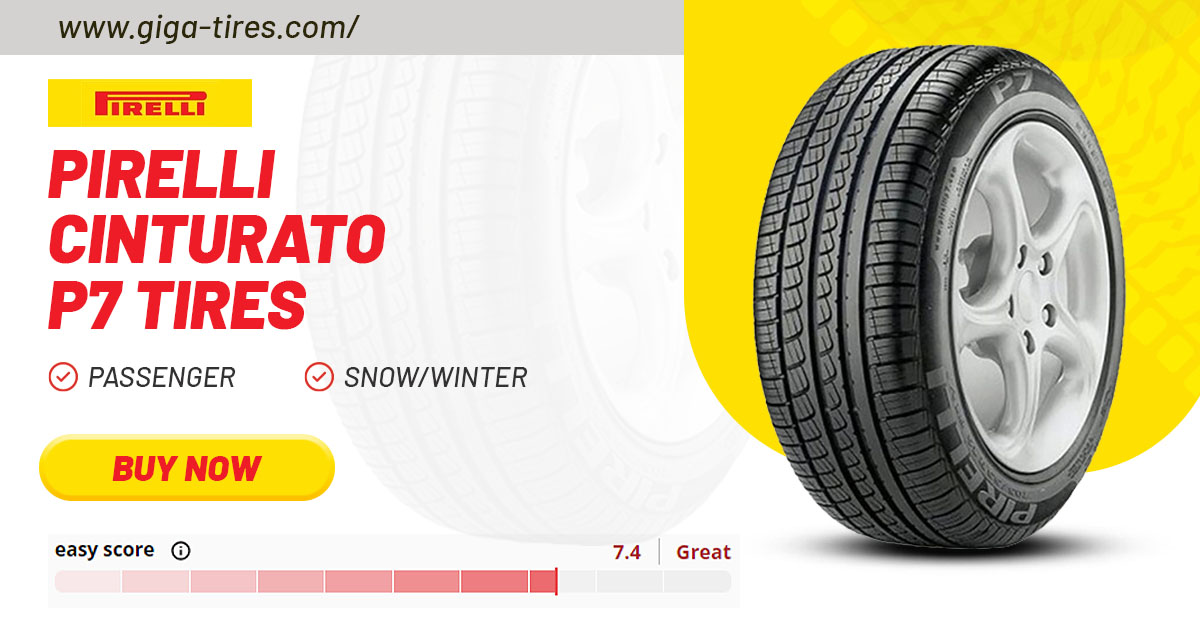
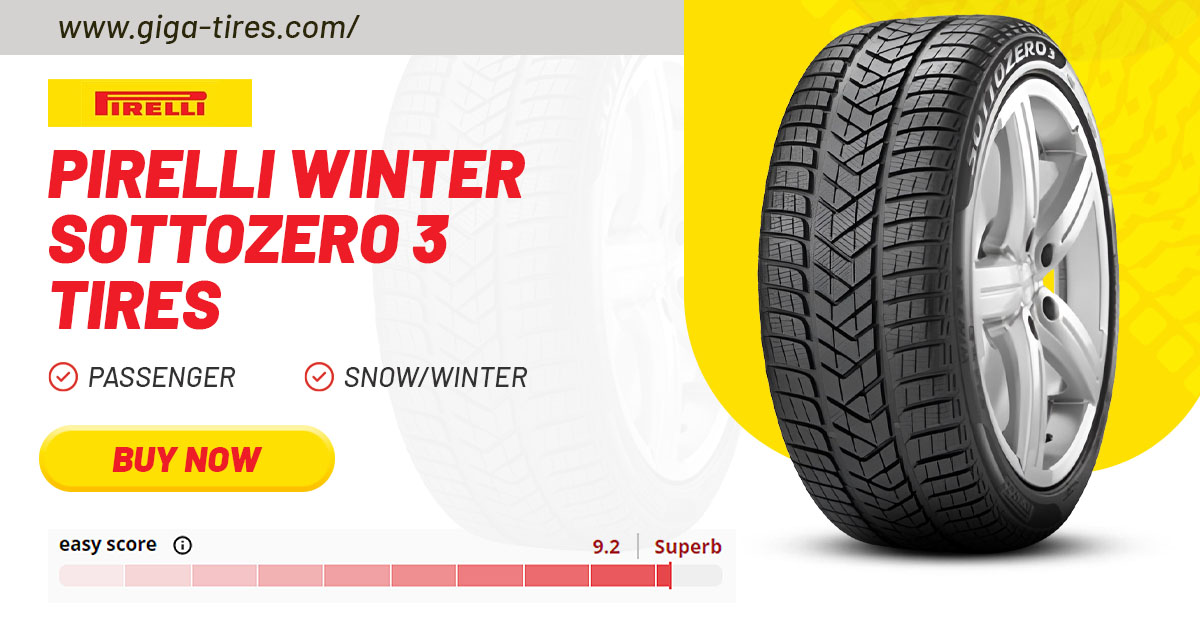
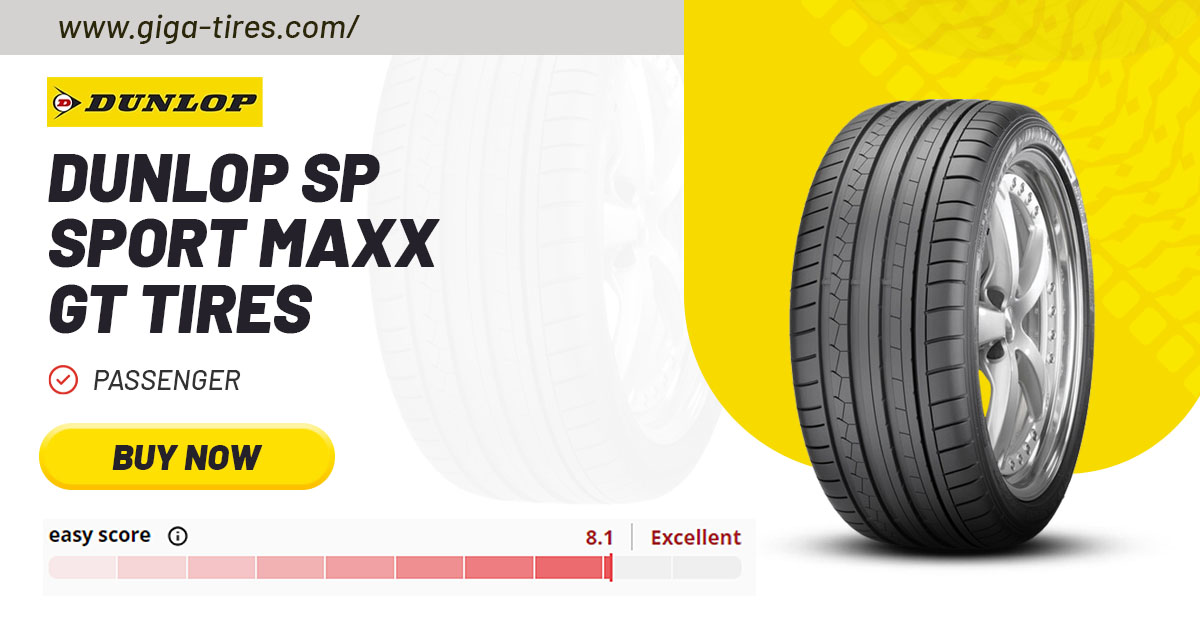
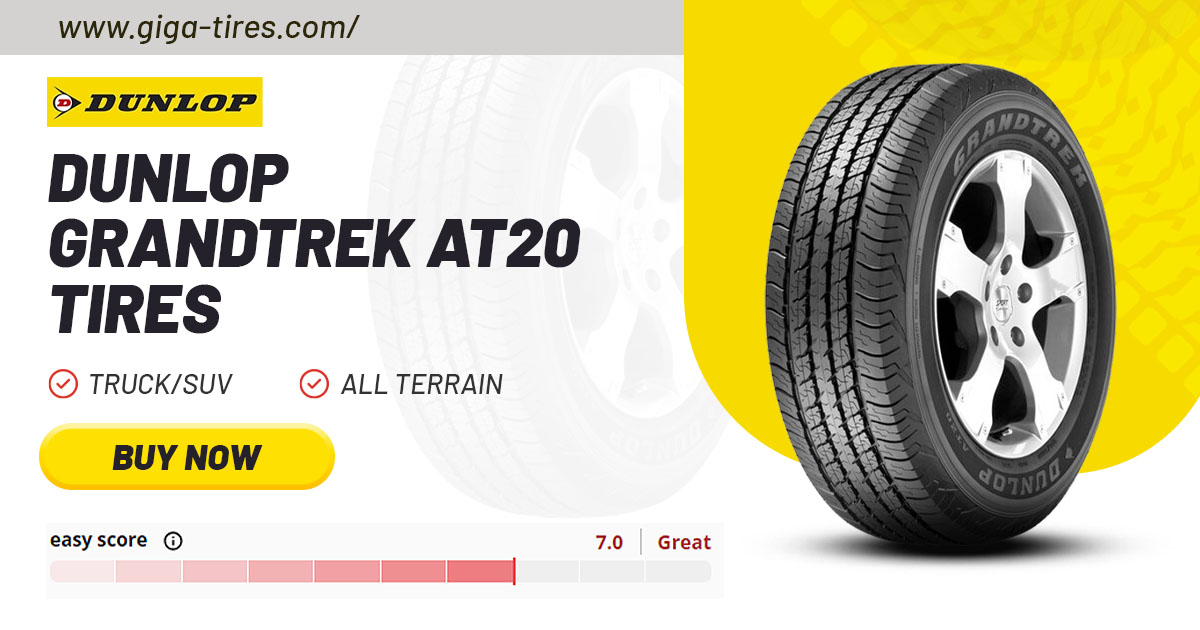
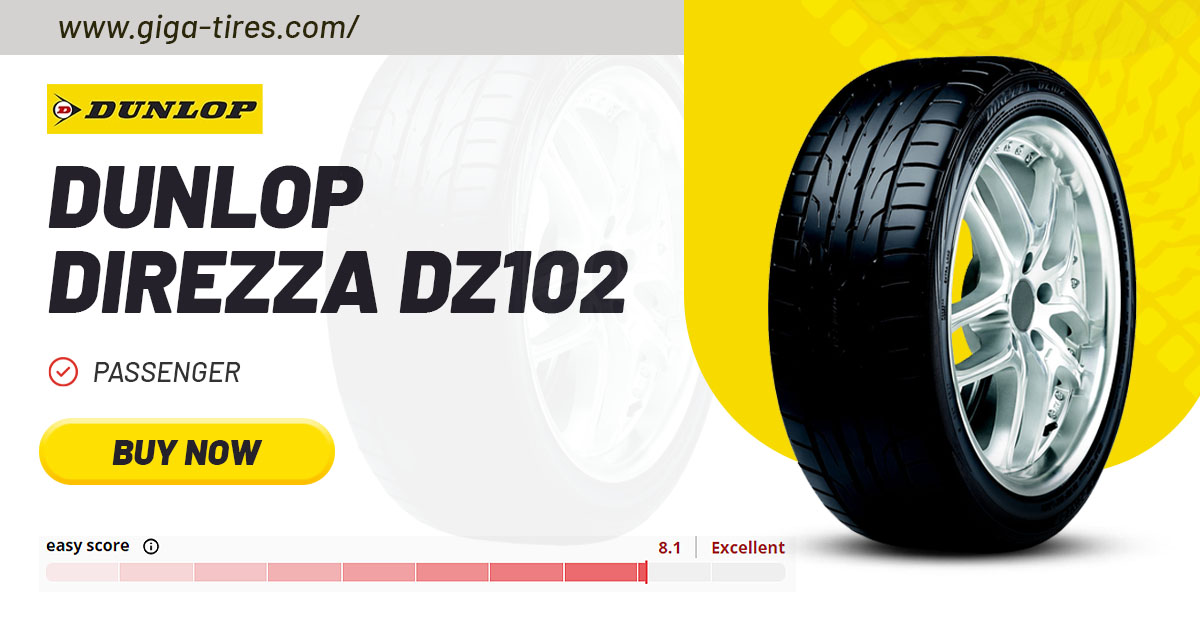
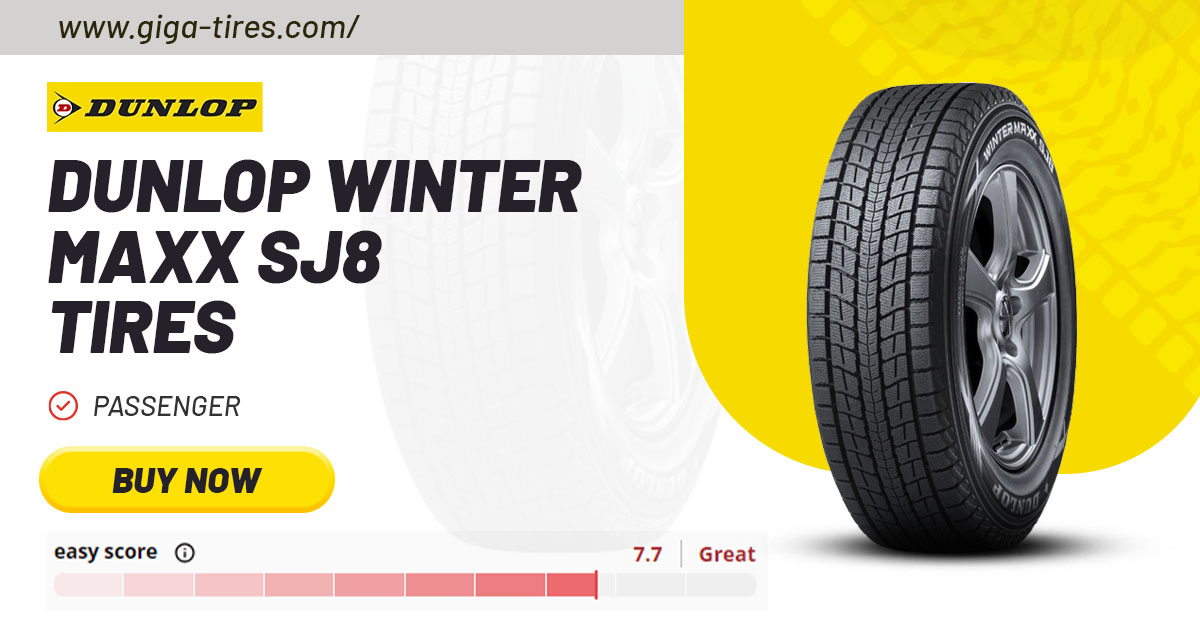
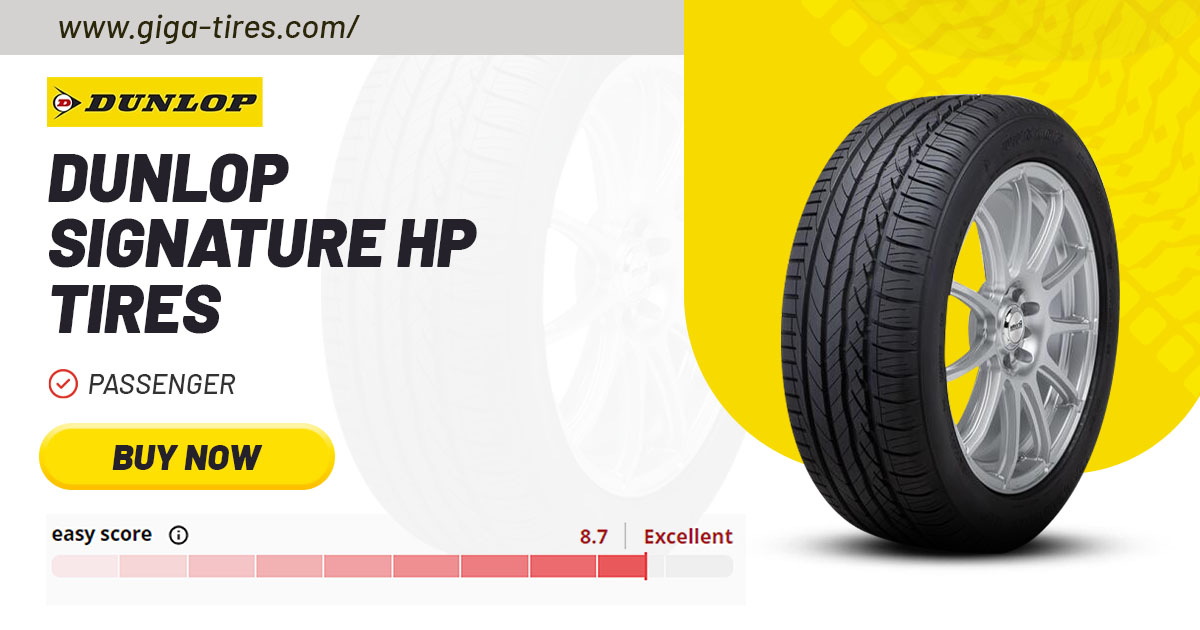
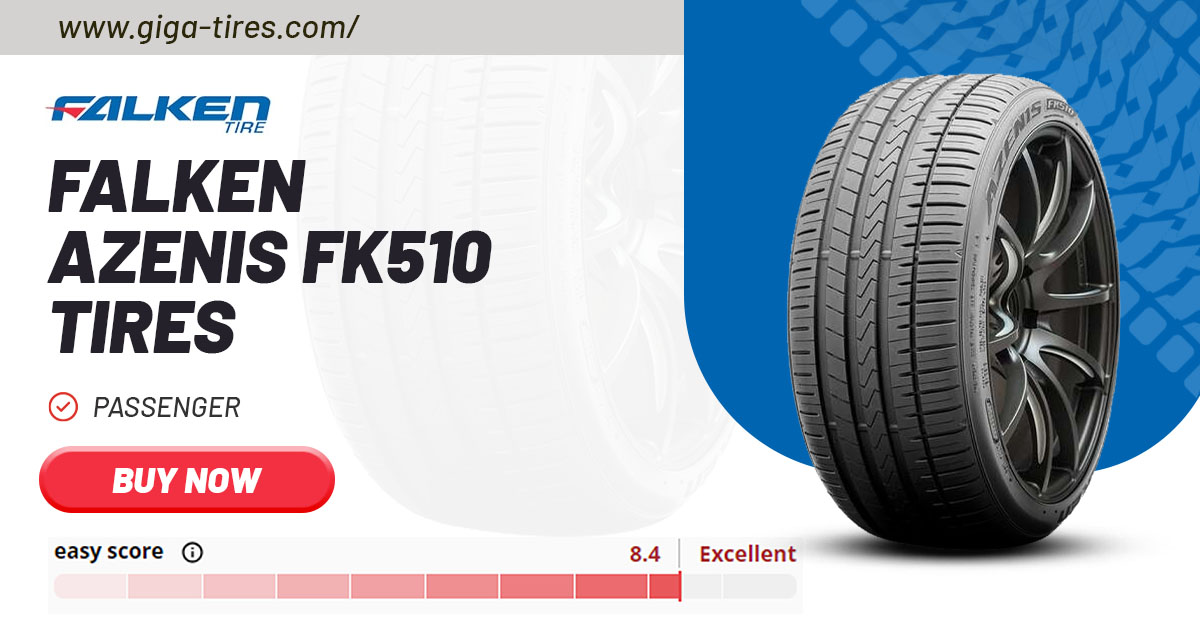
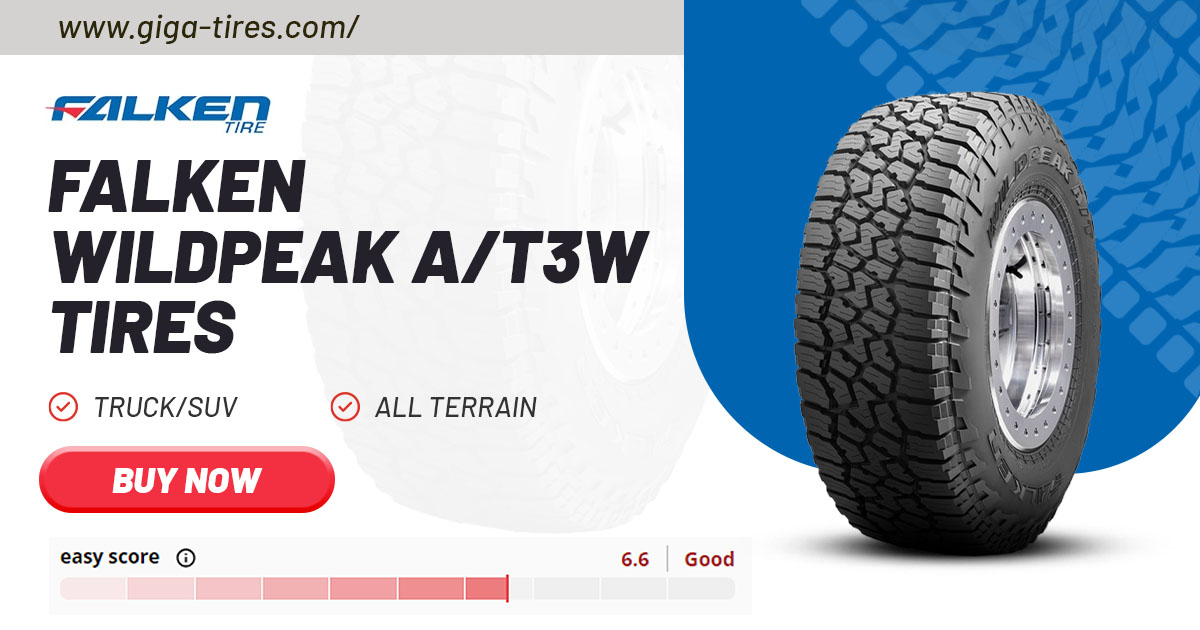
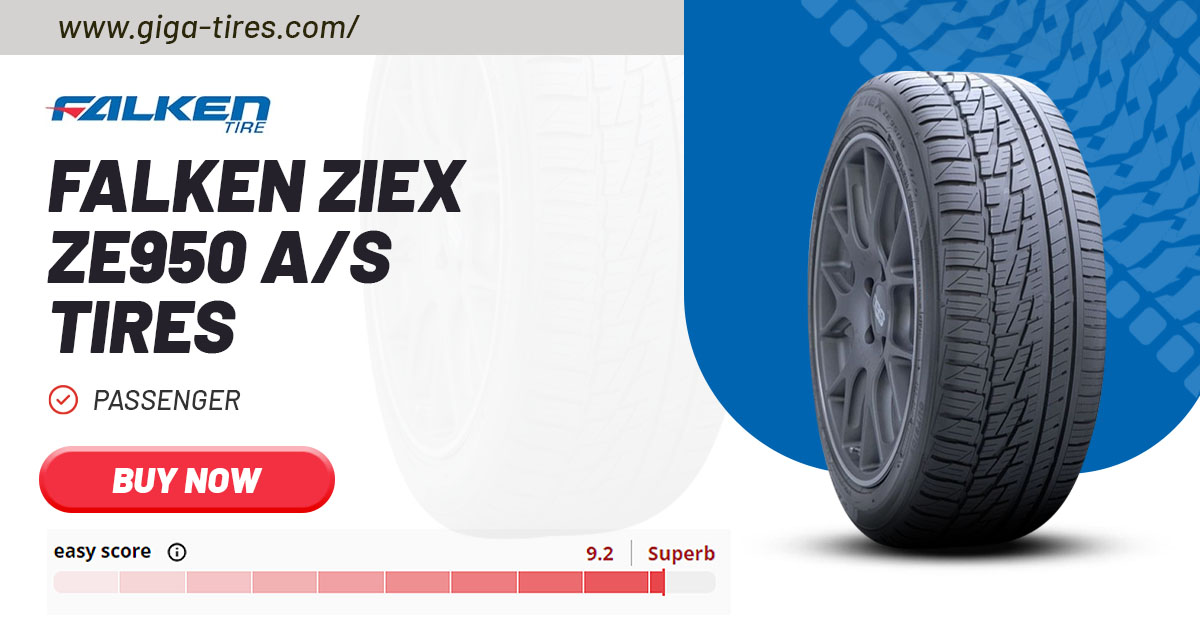
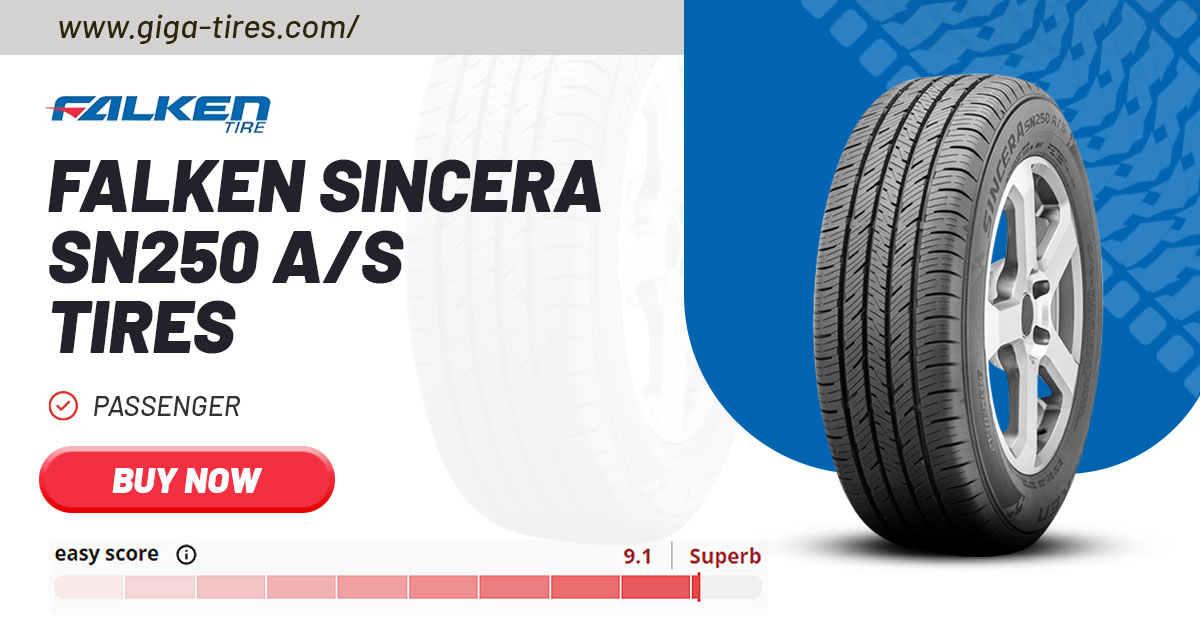
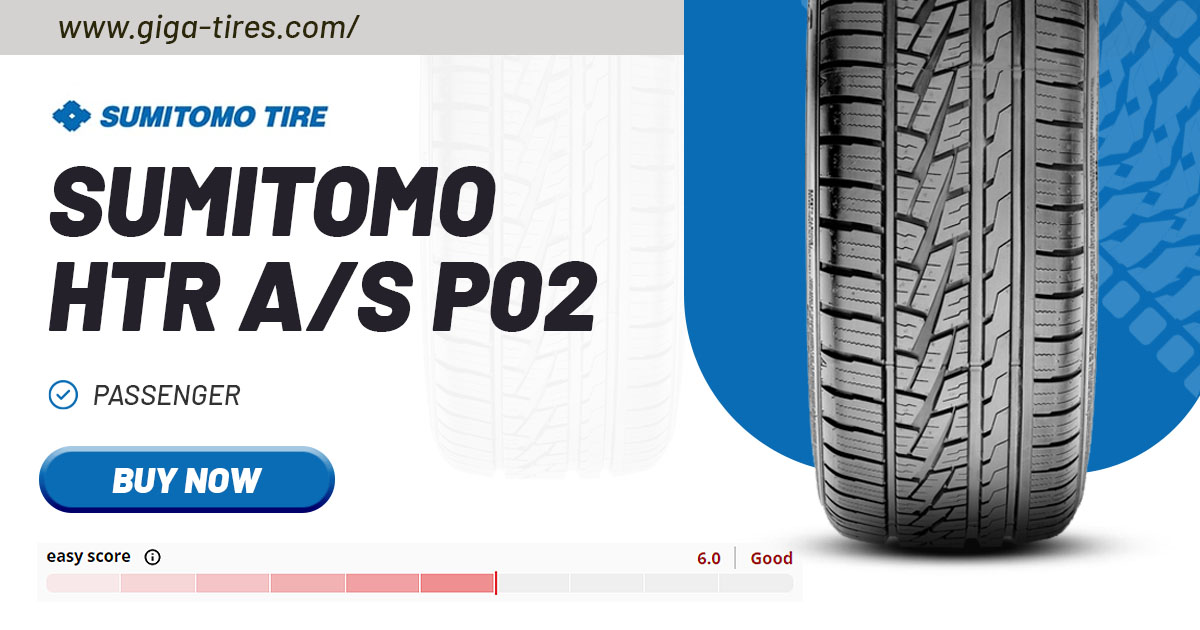
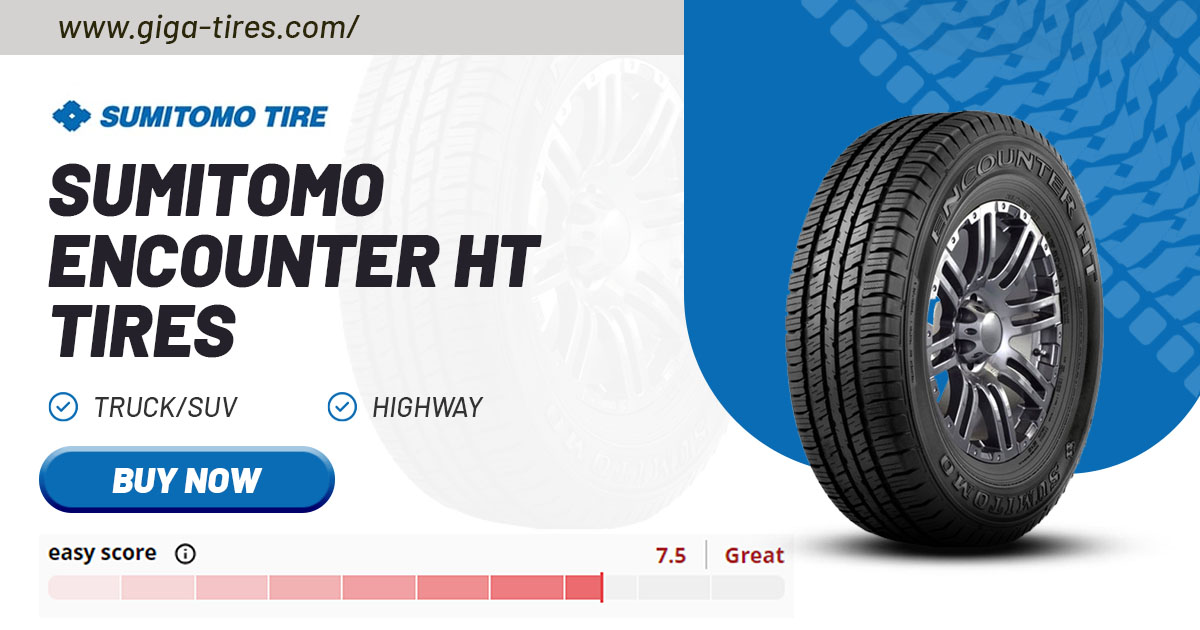
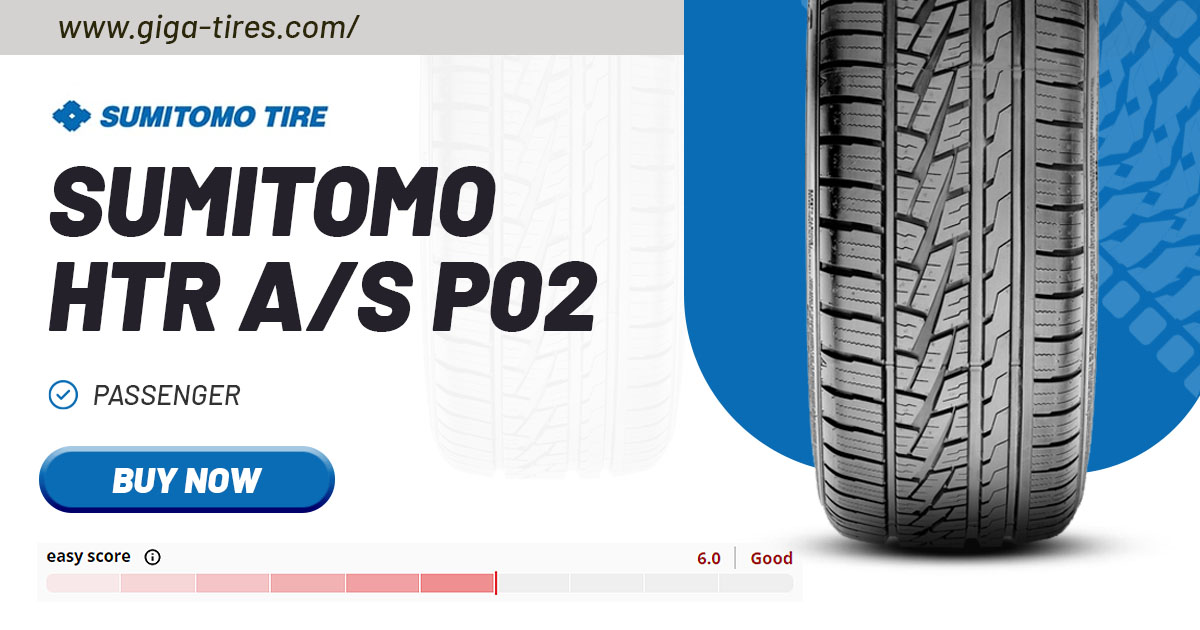
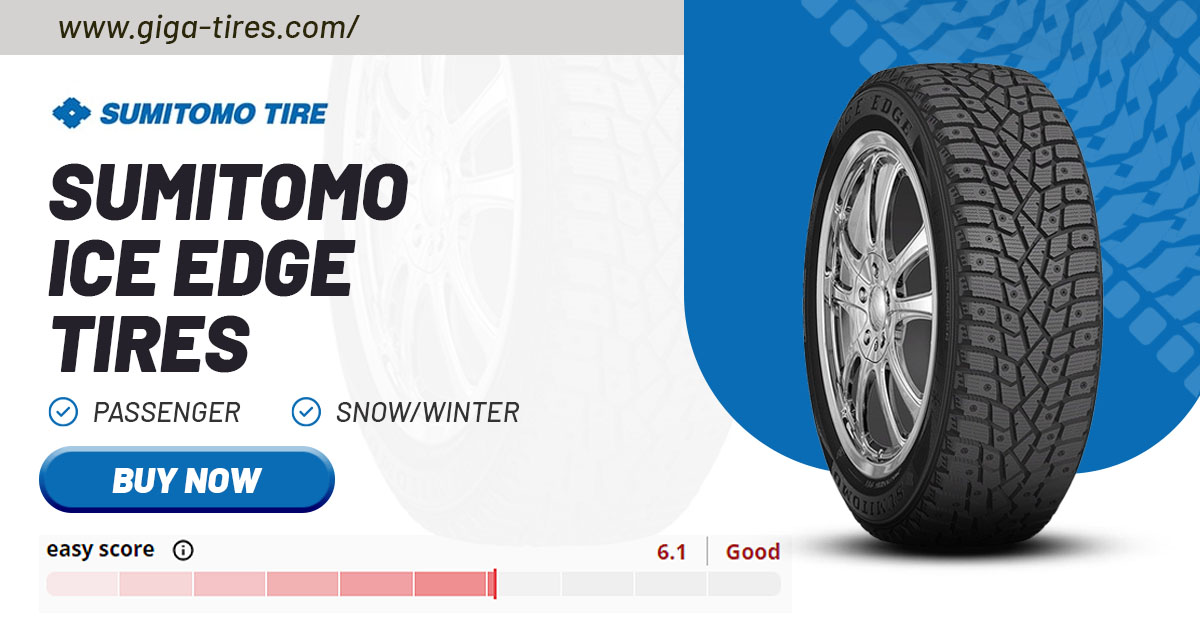
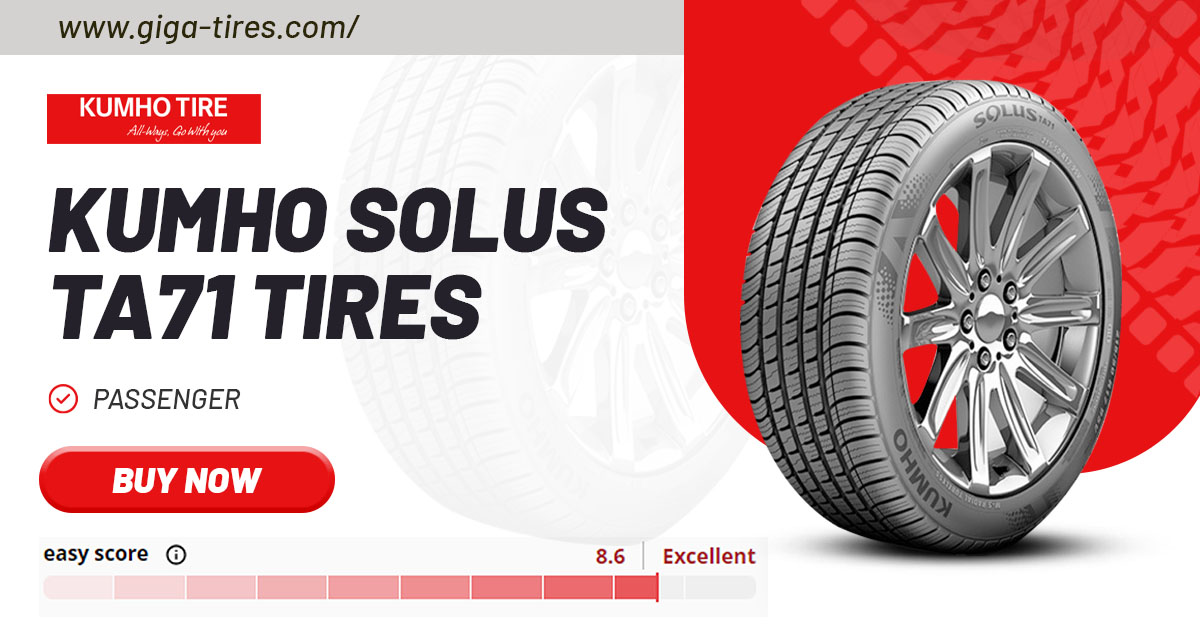

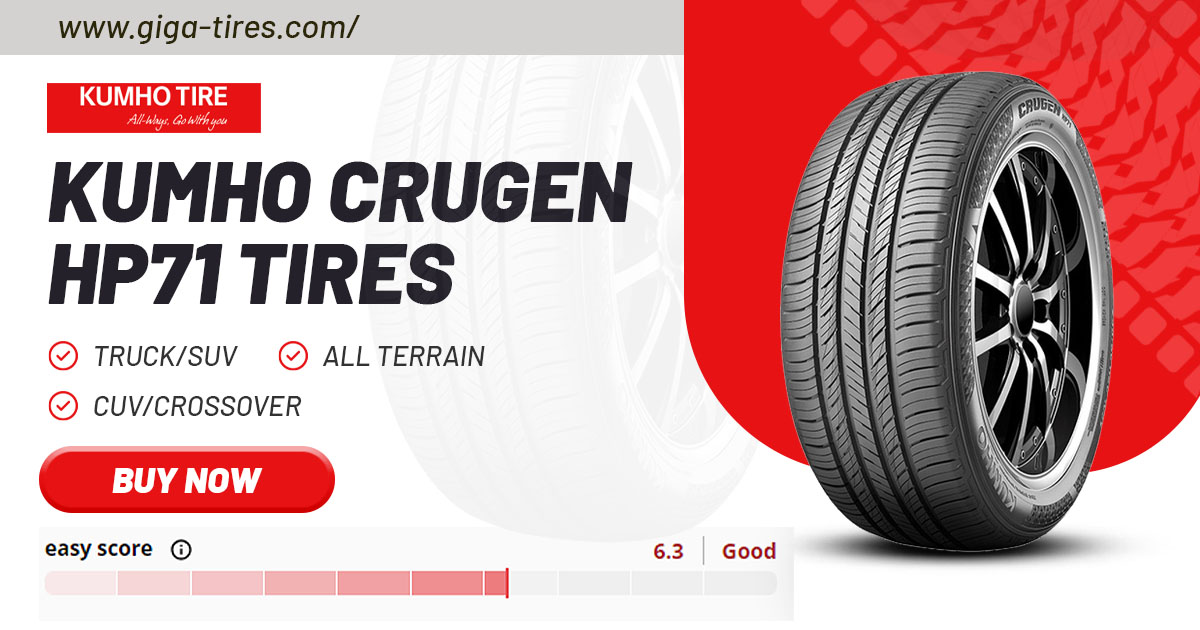
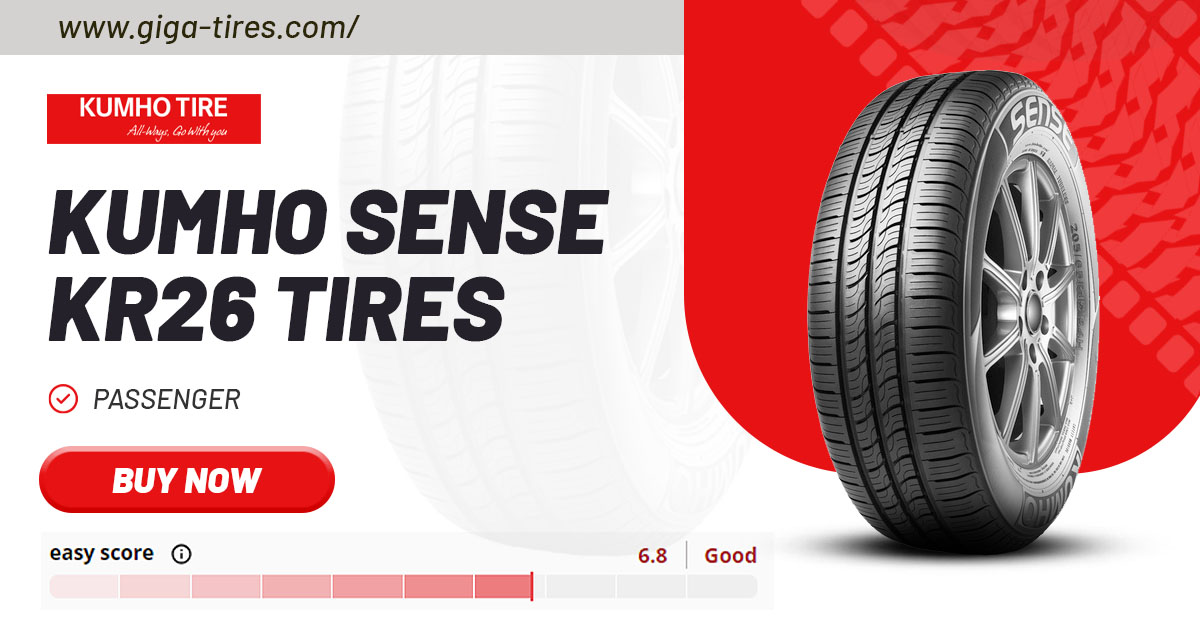








 Français
Français Español
Español